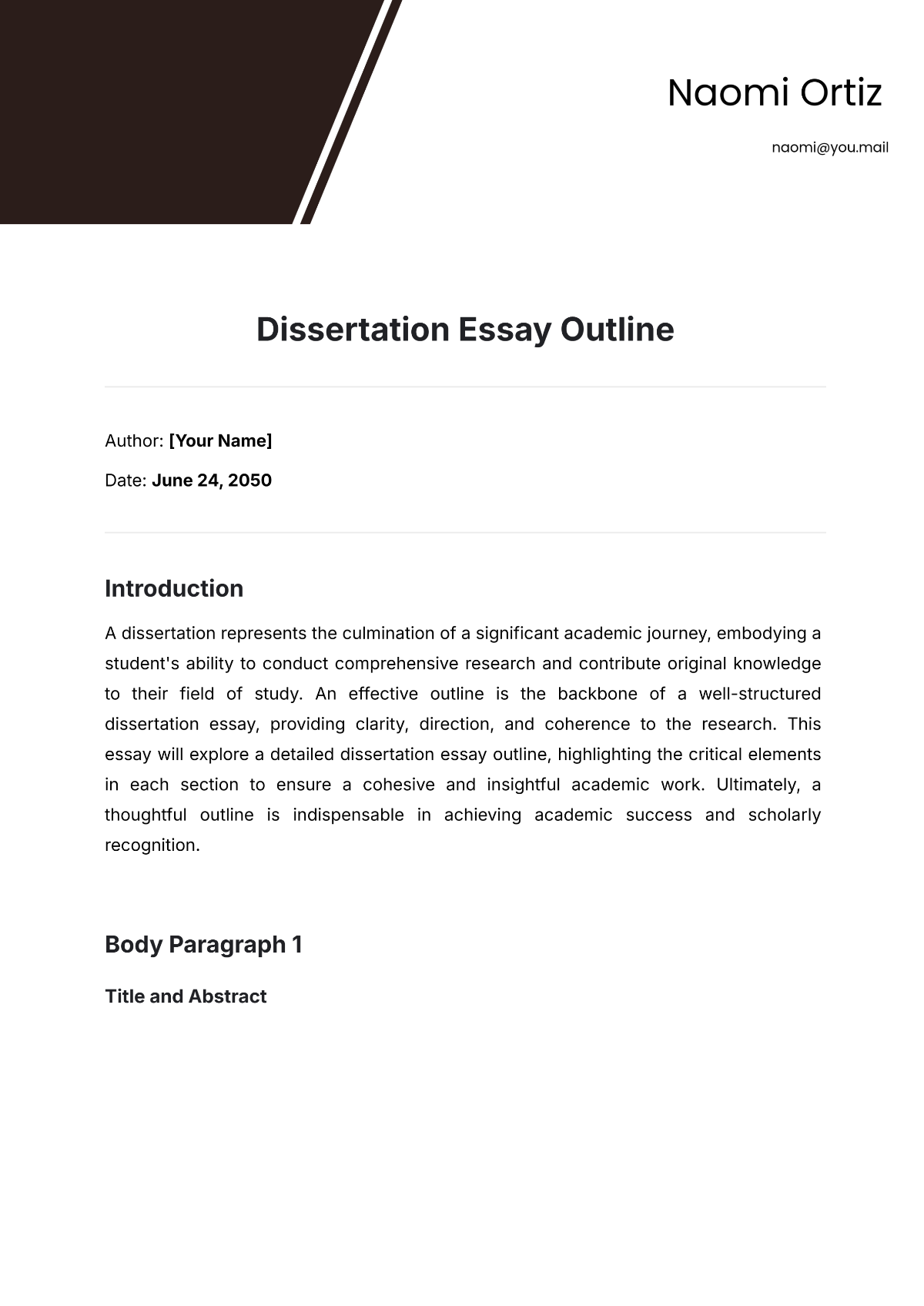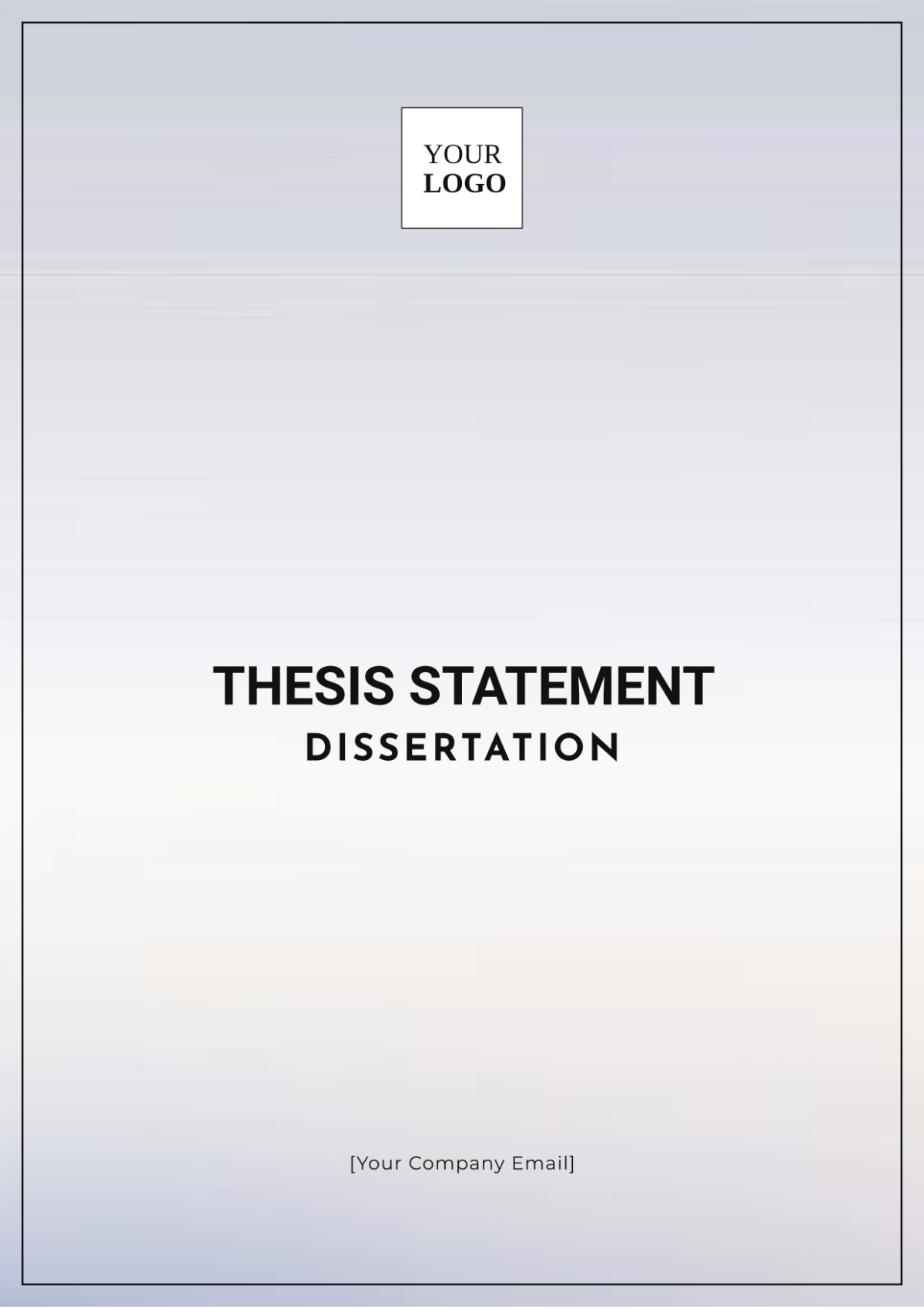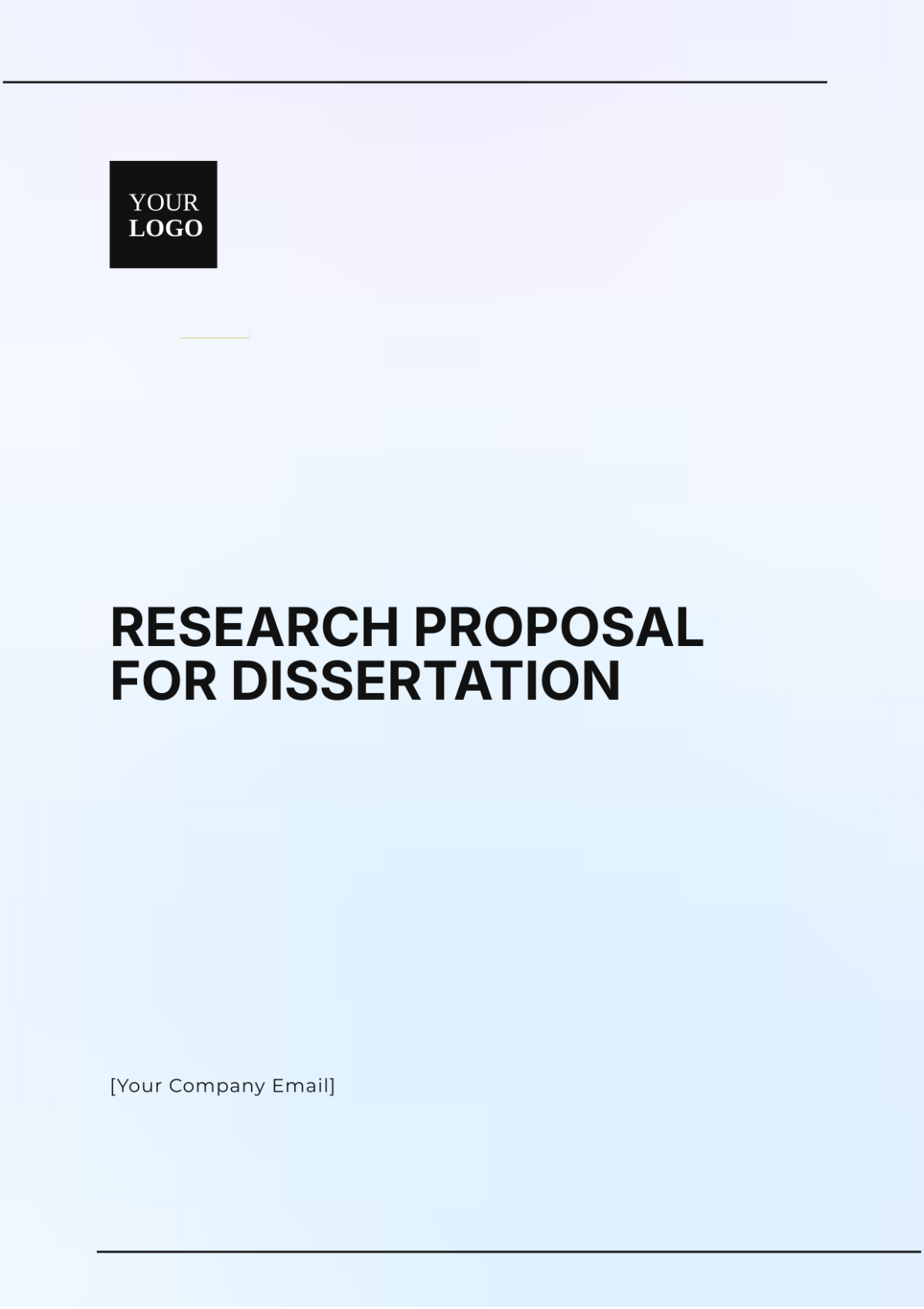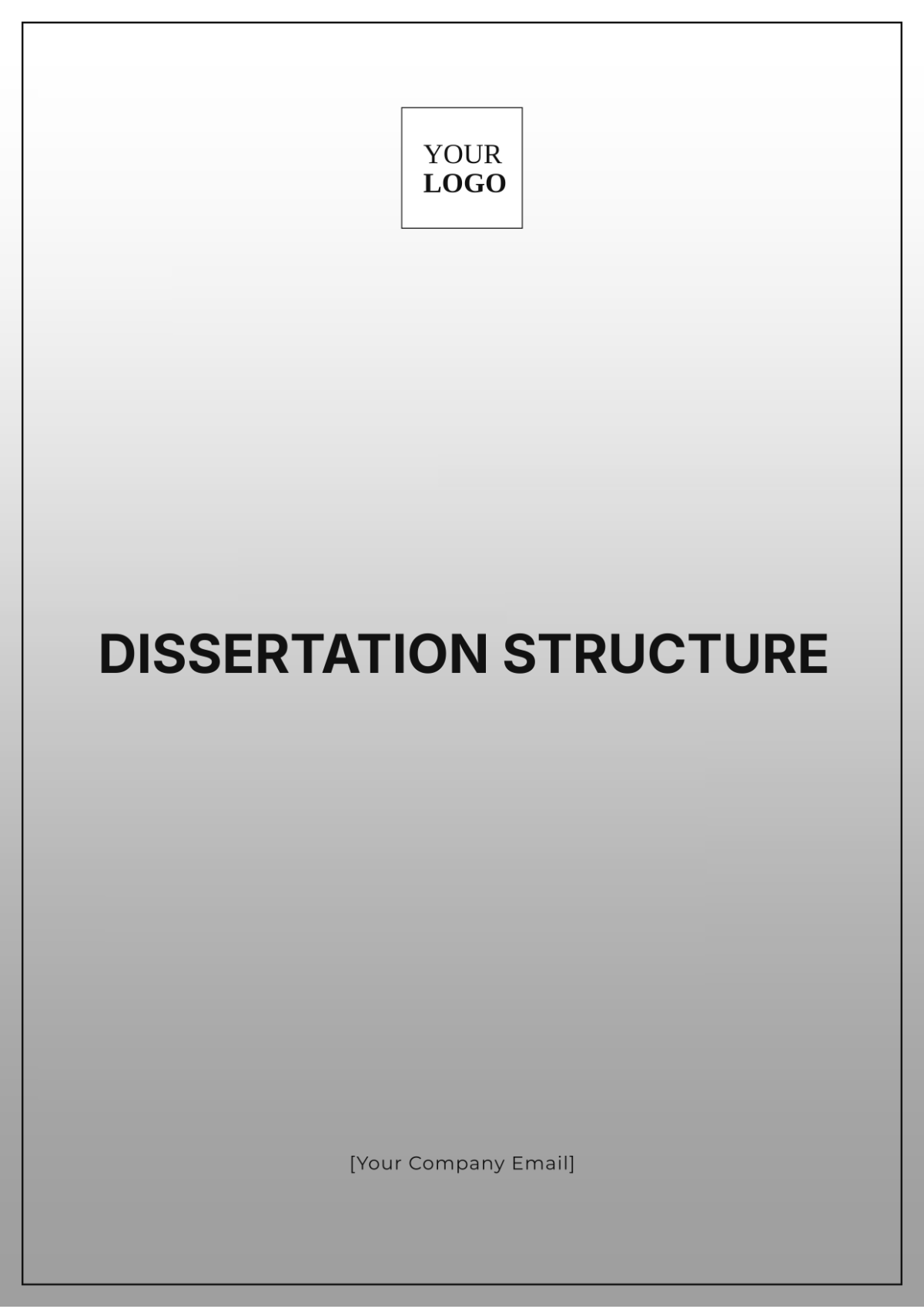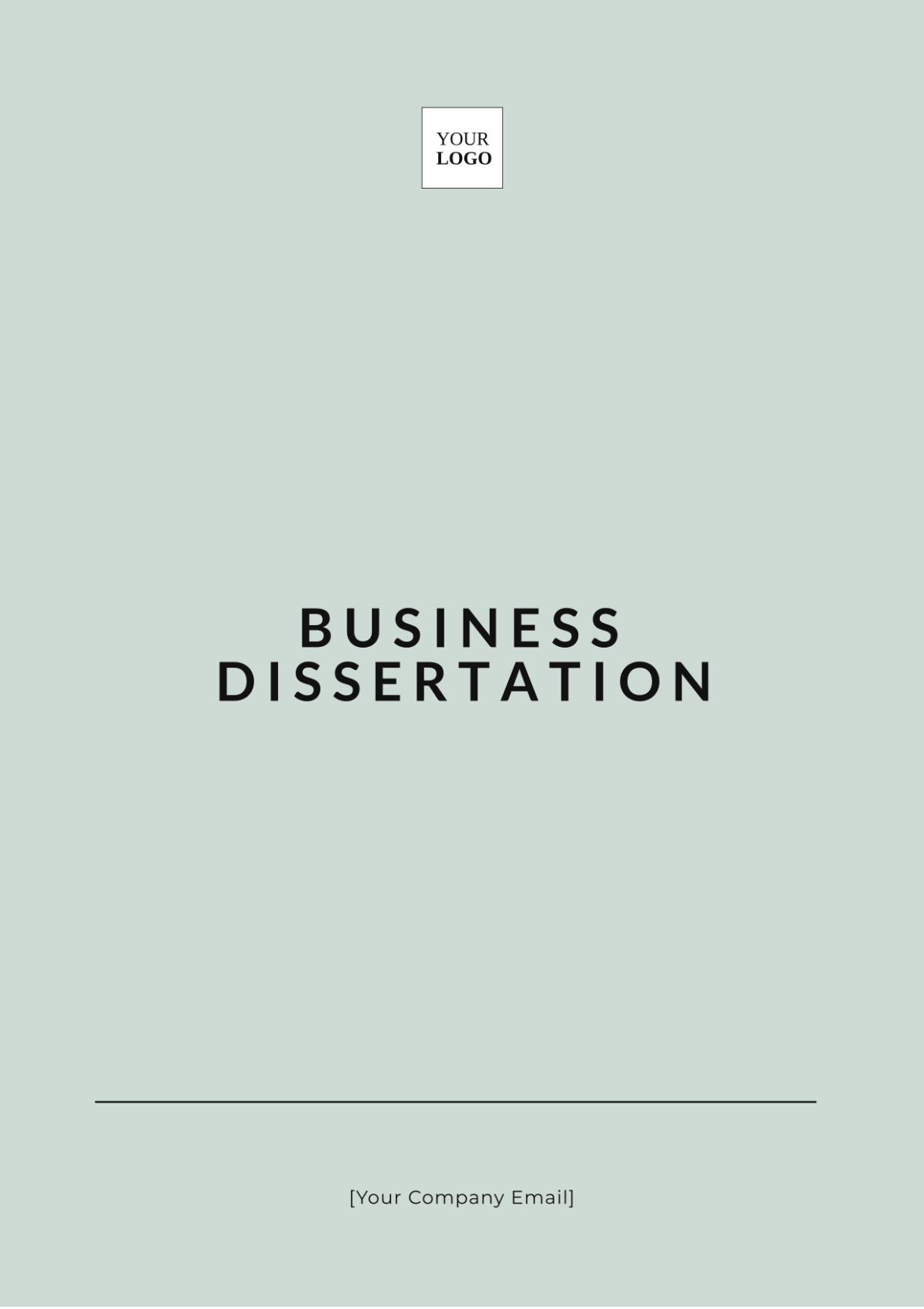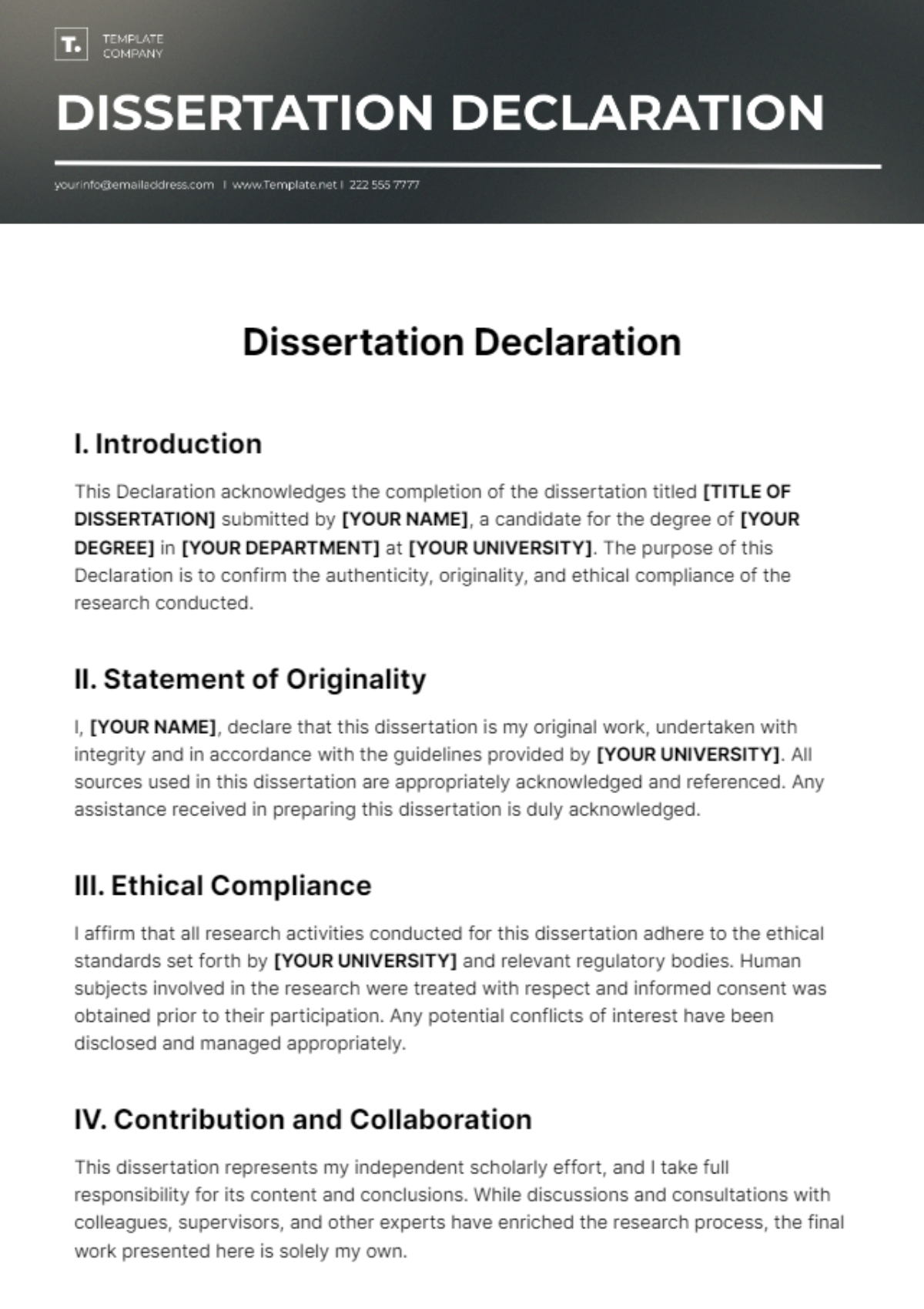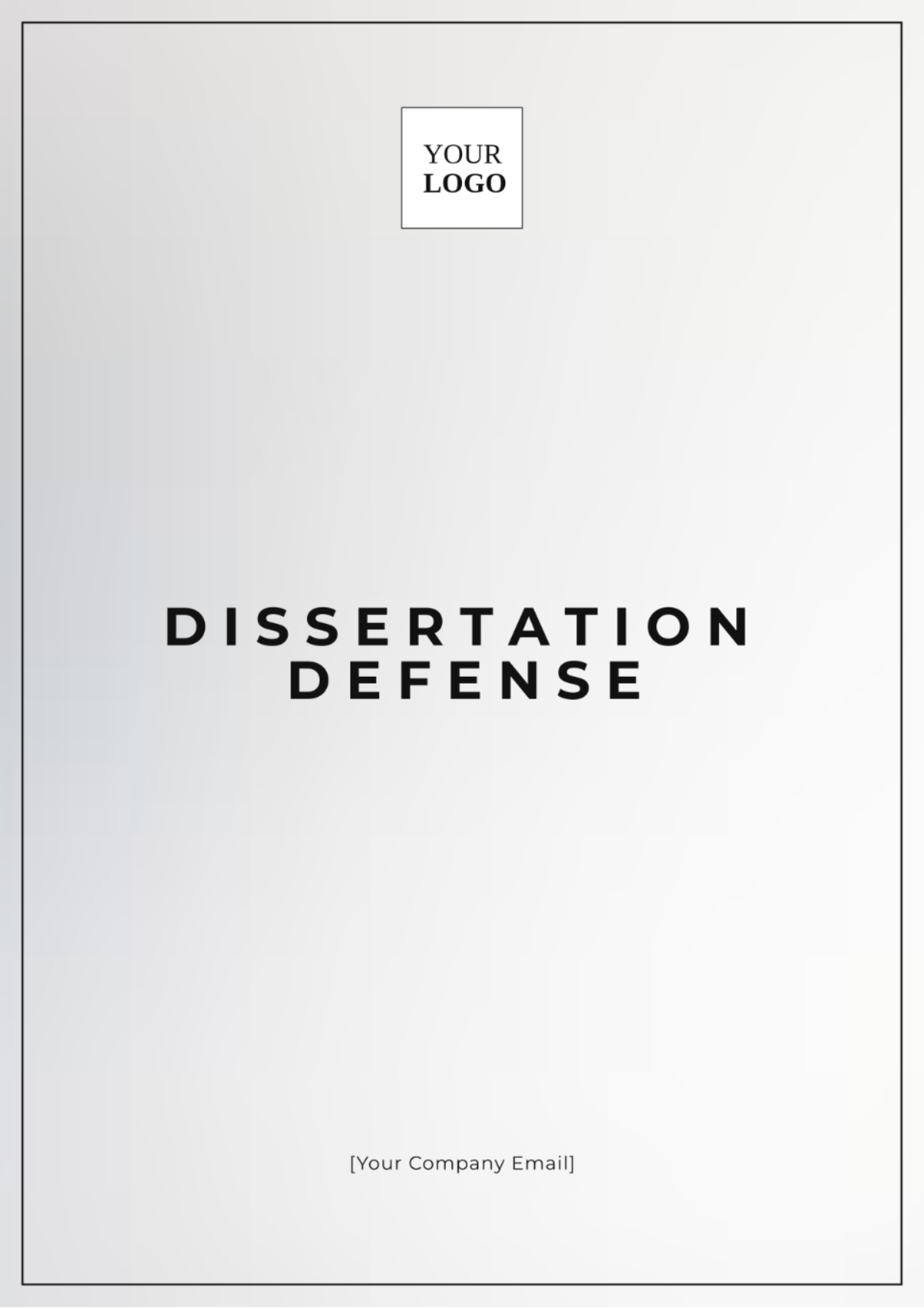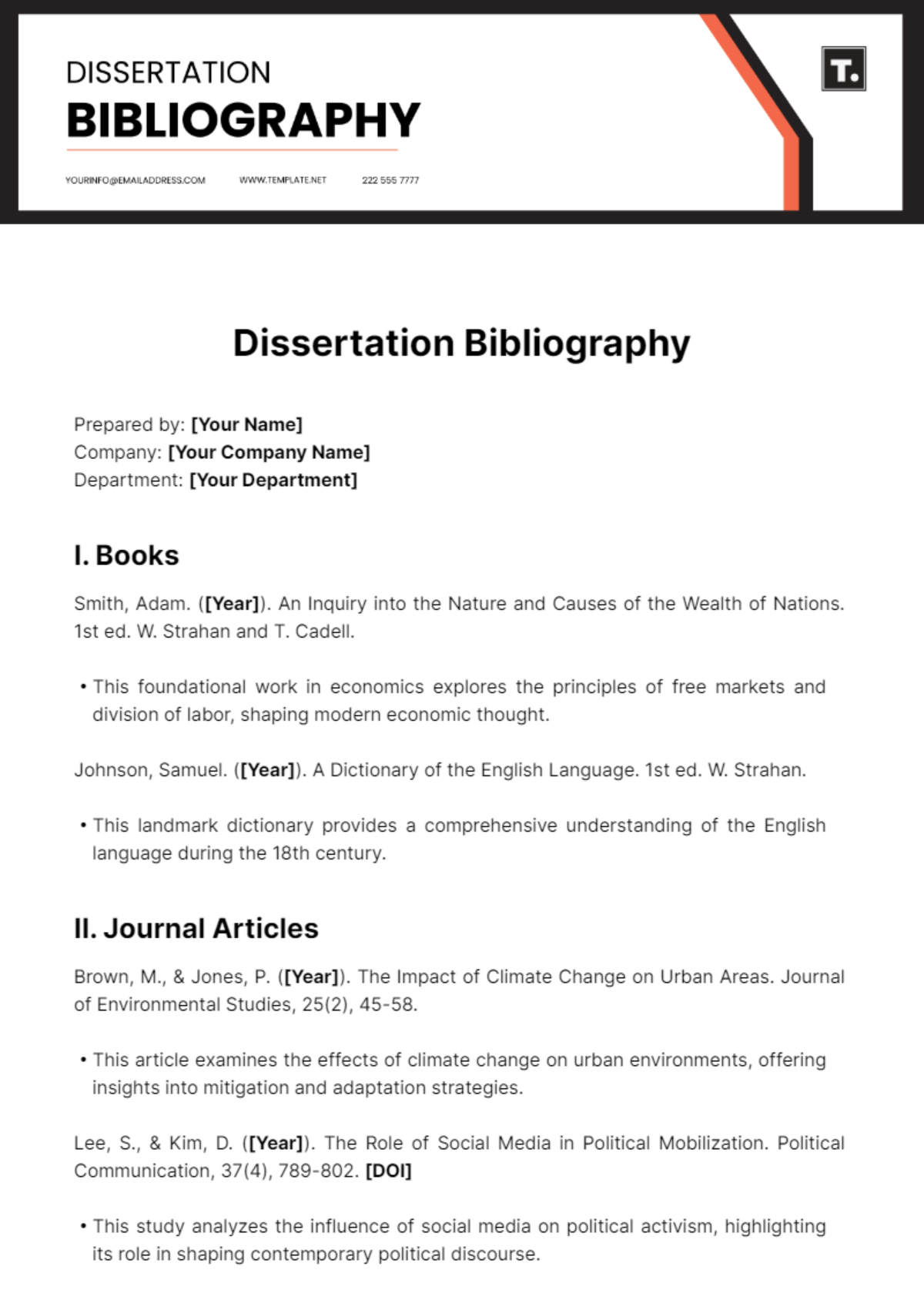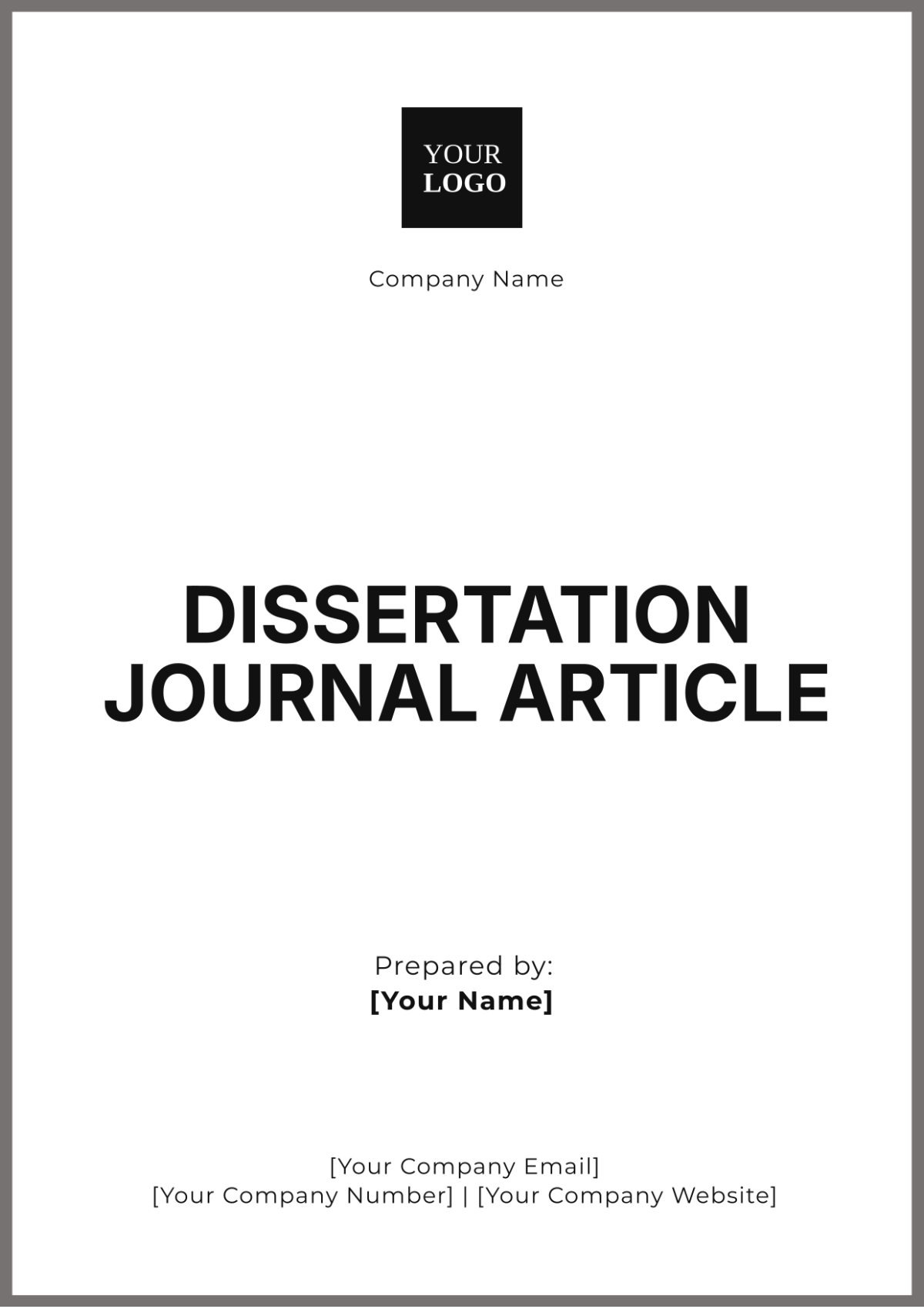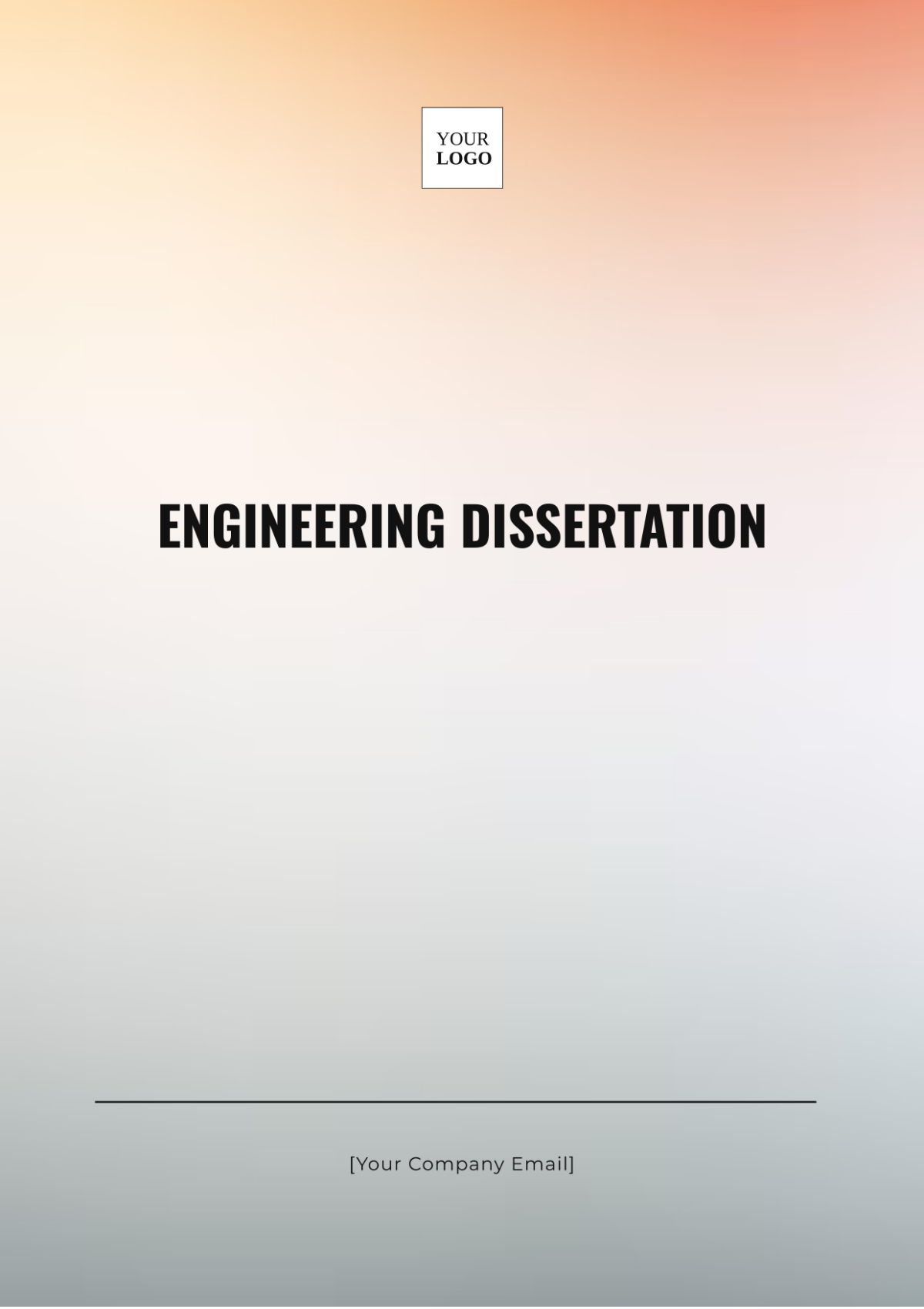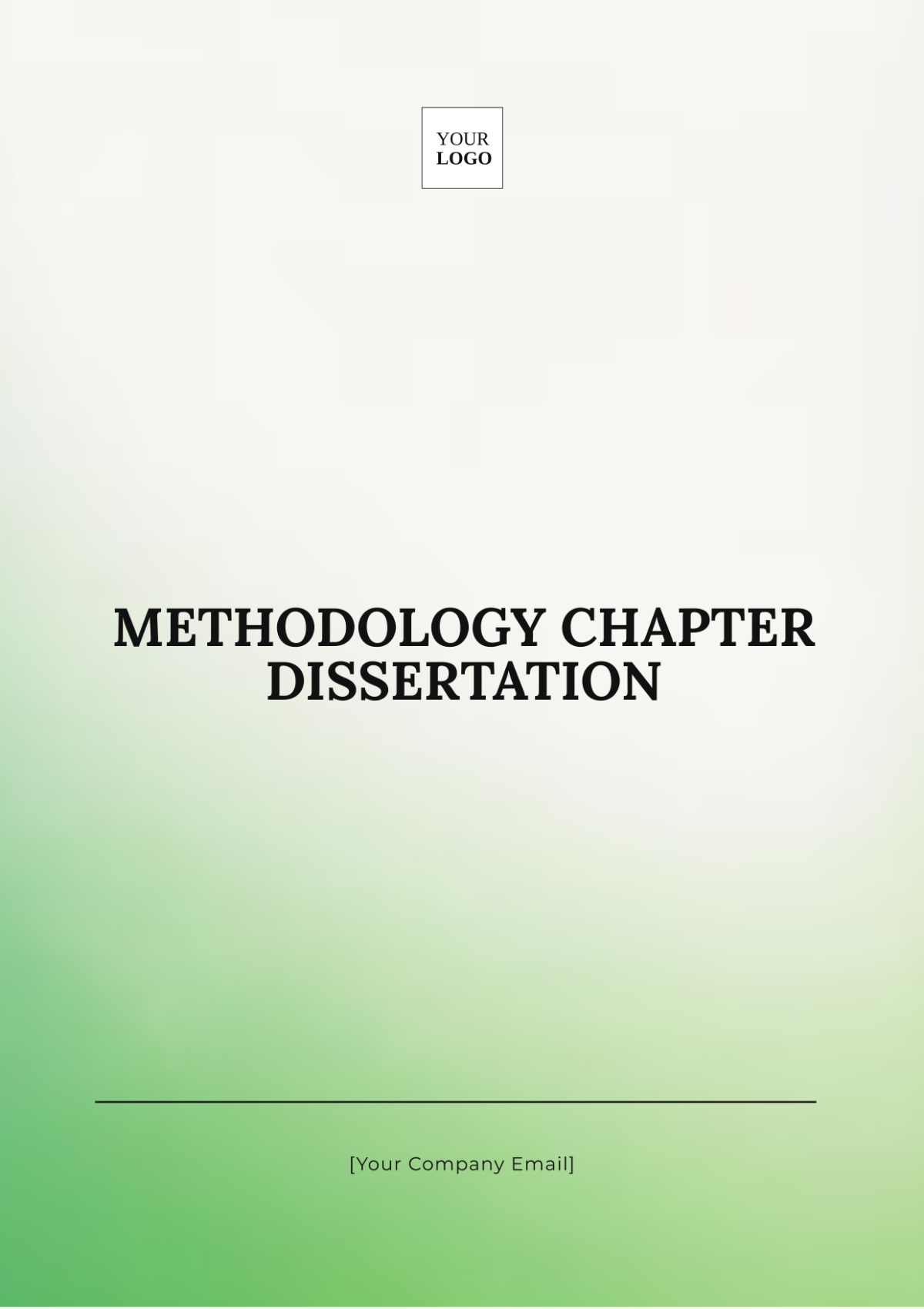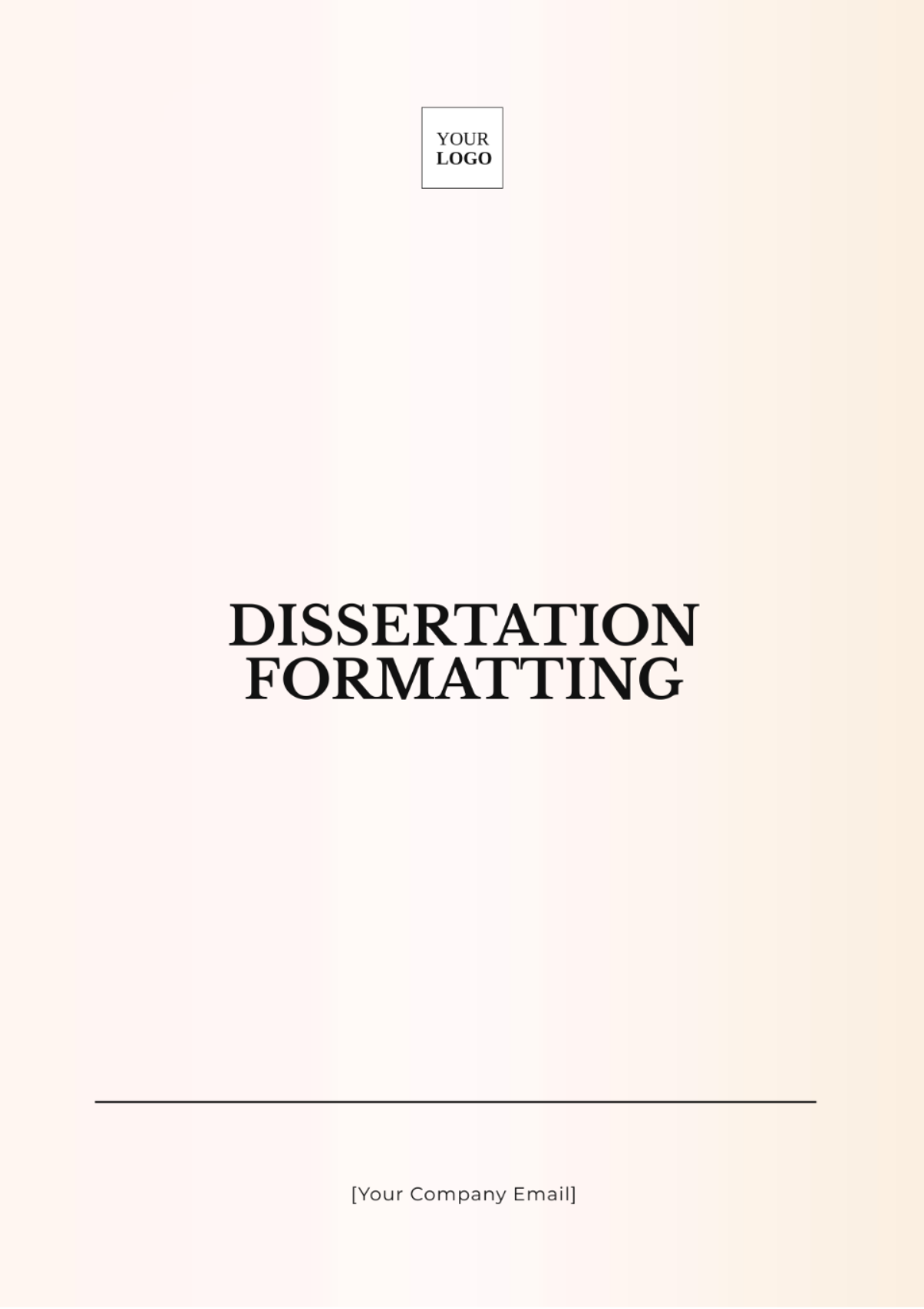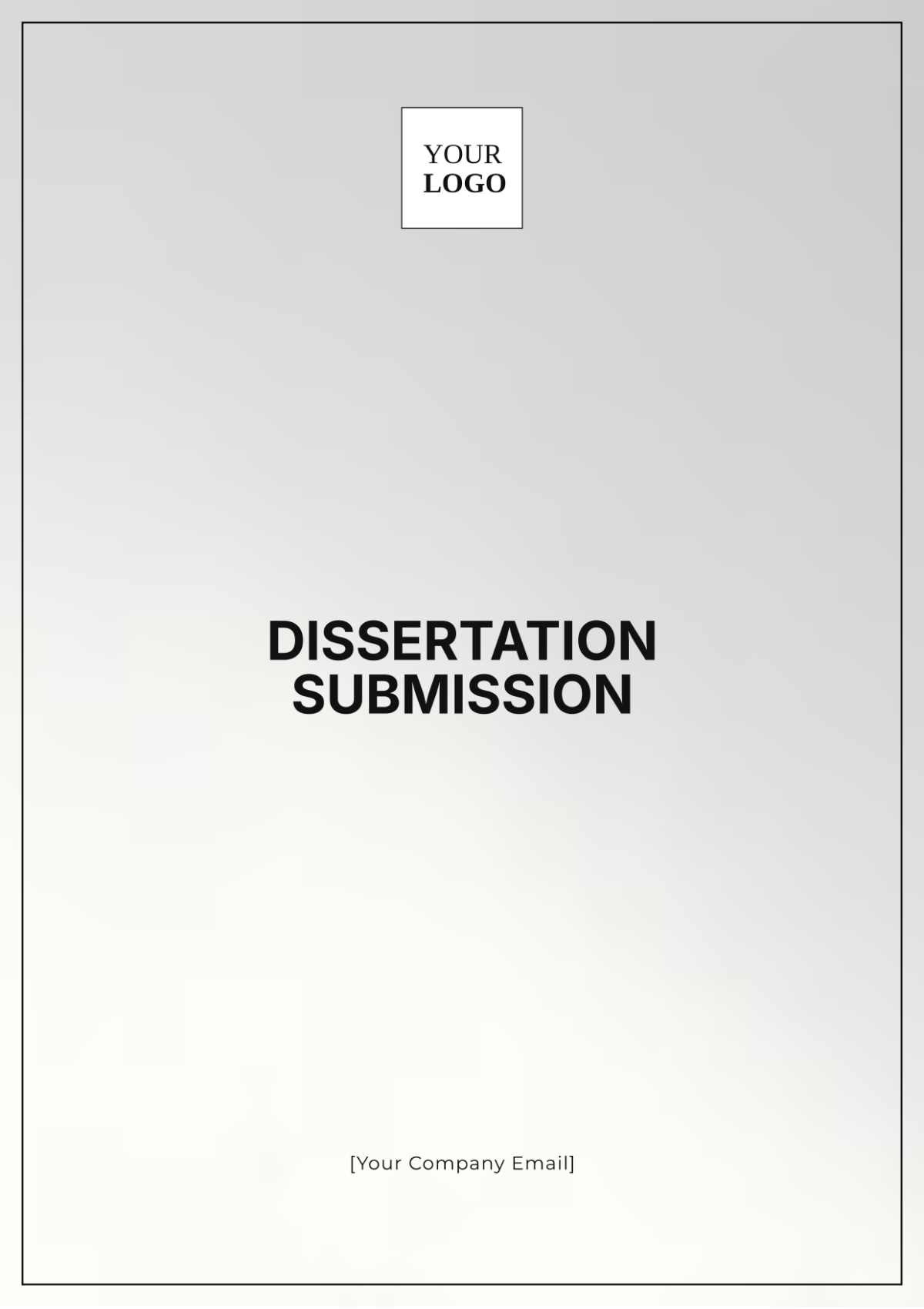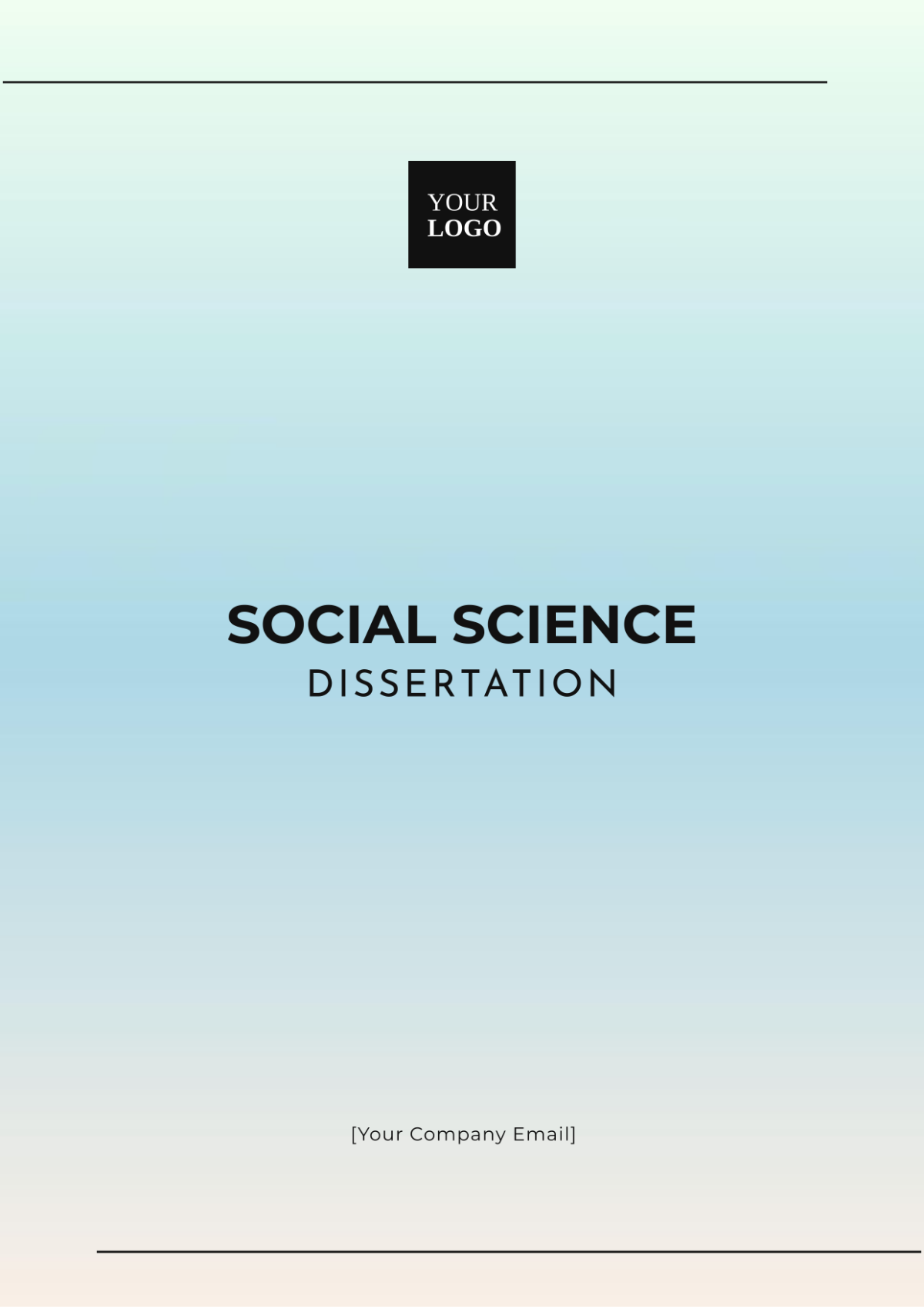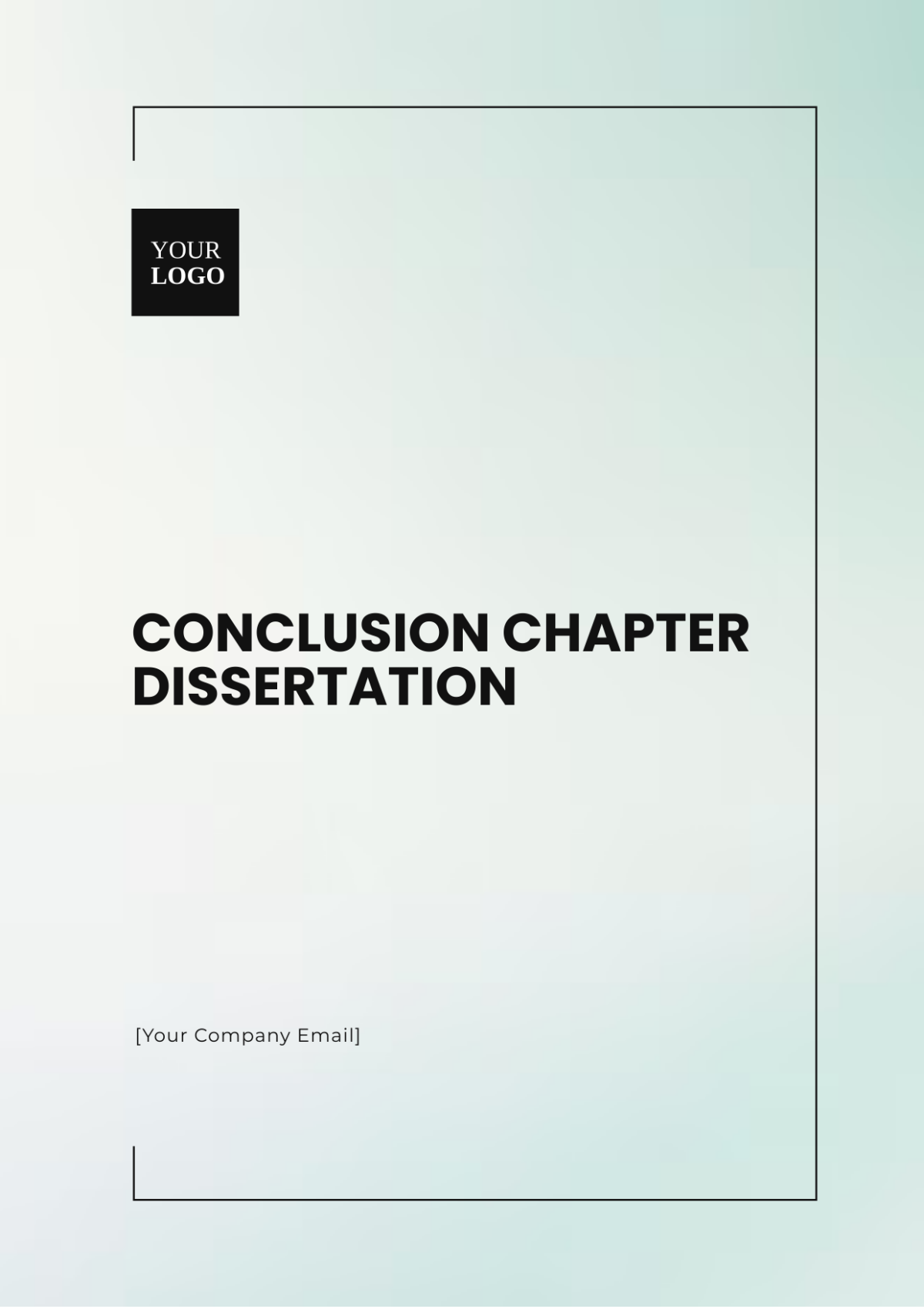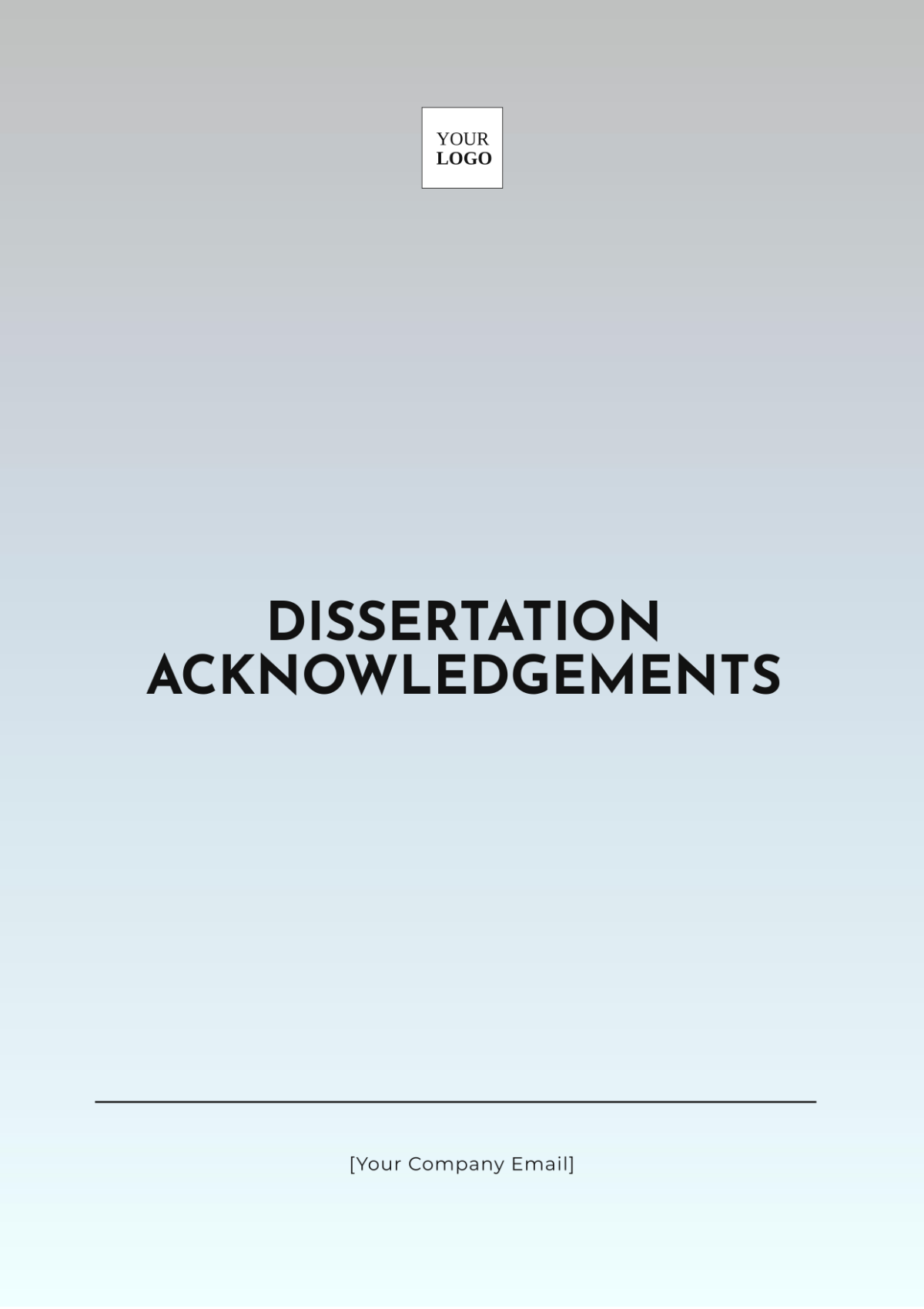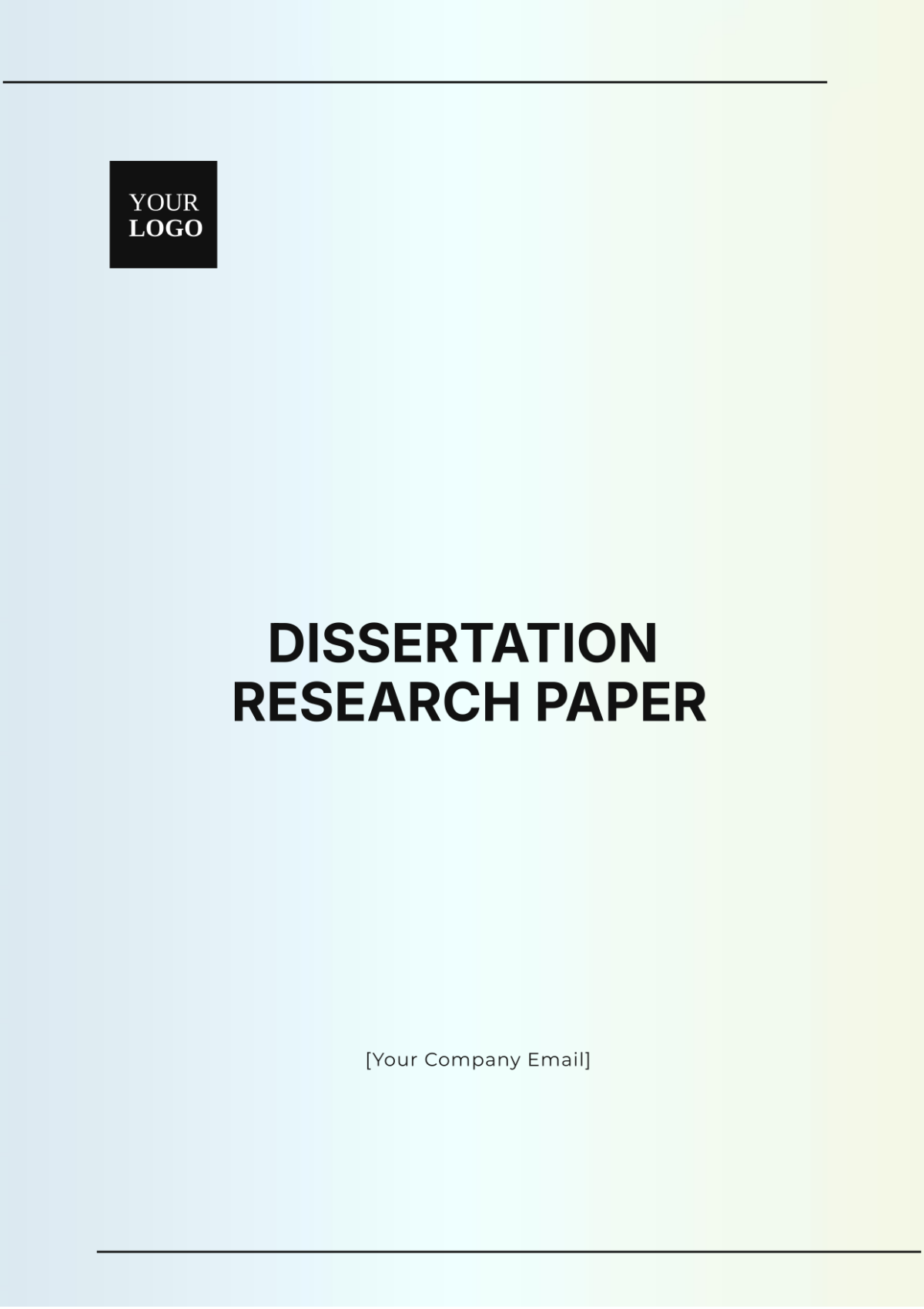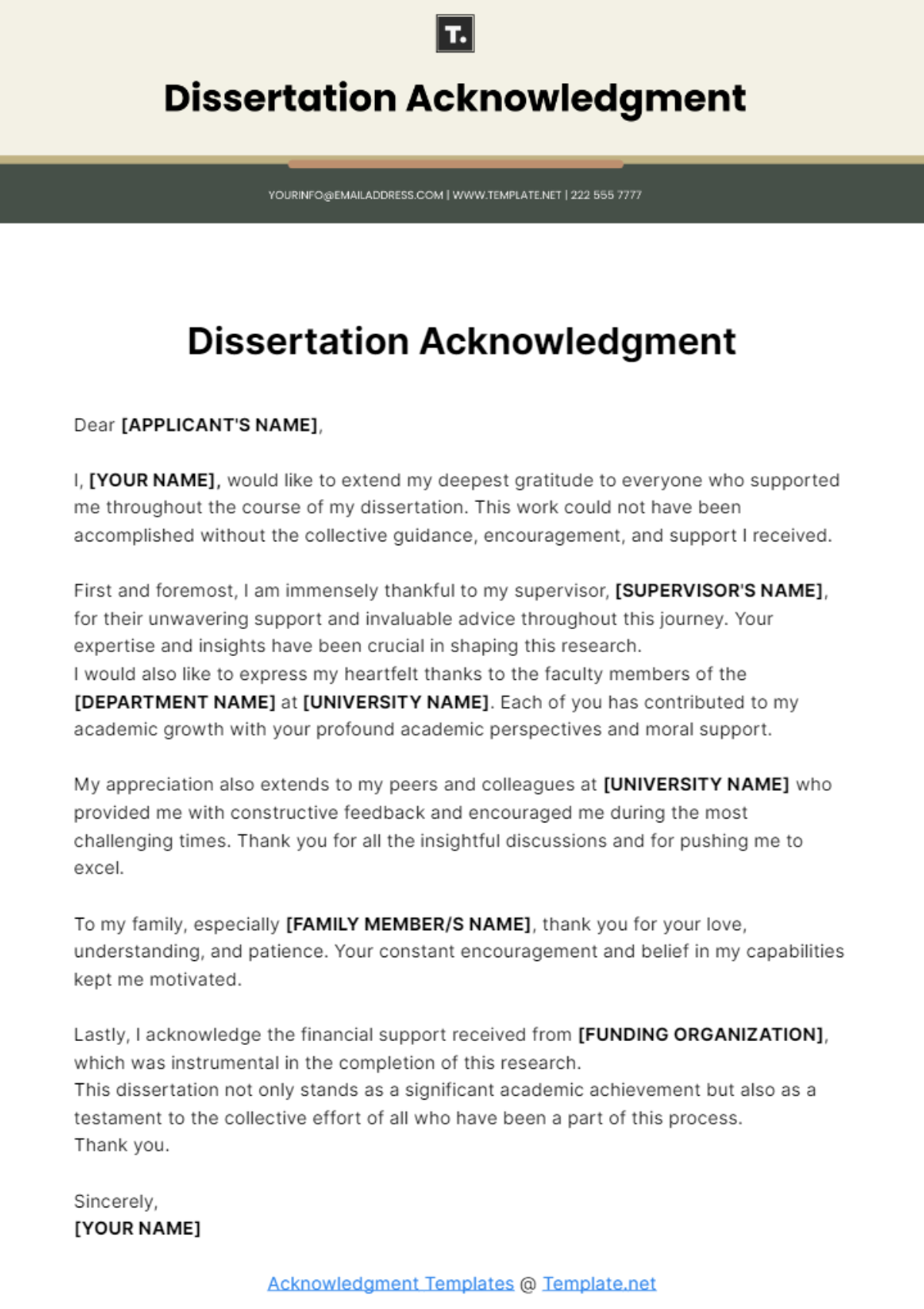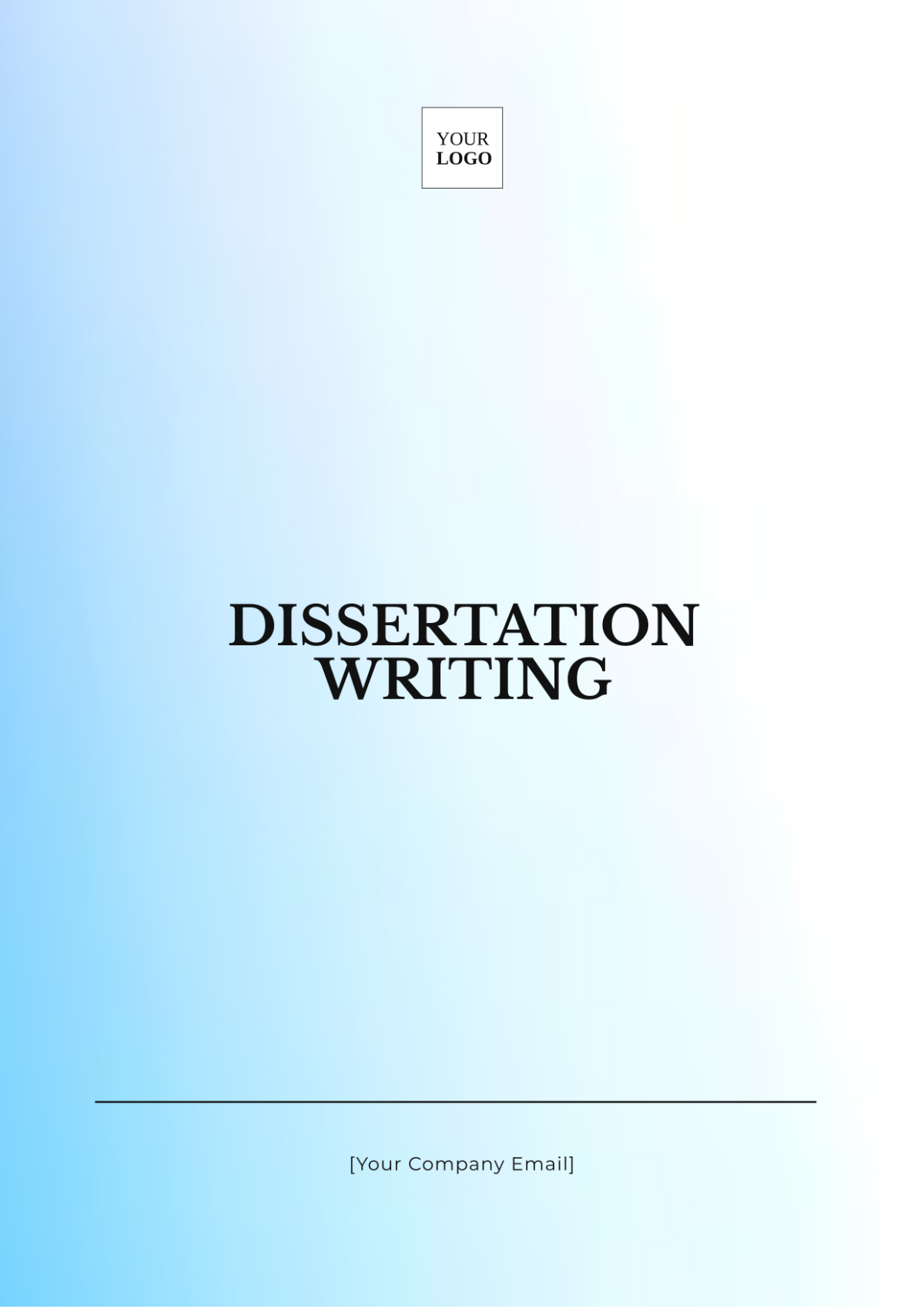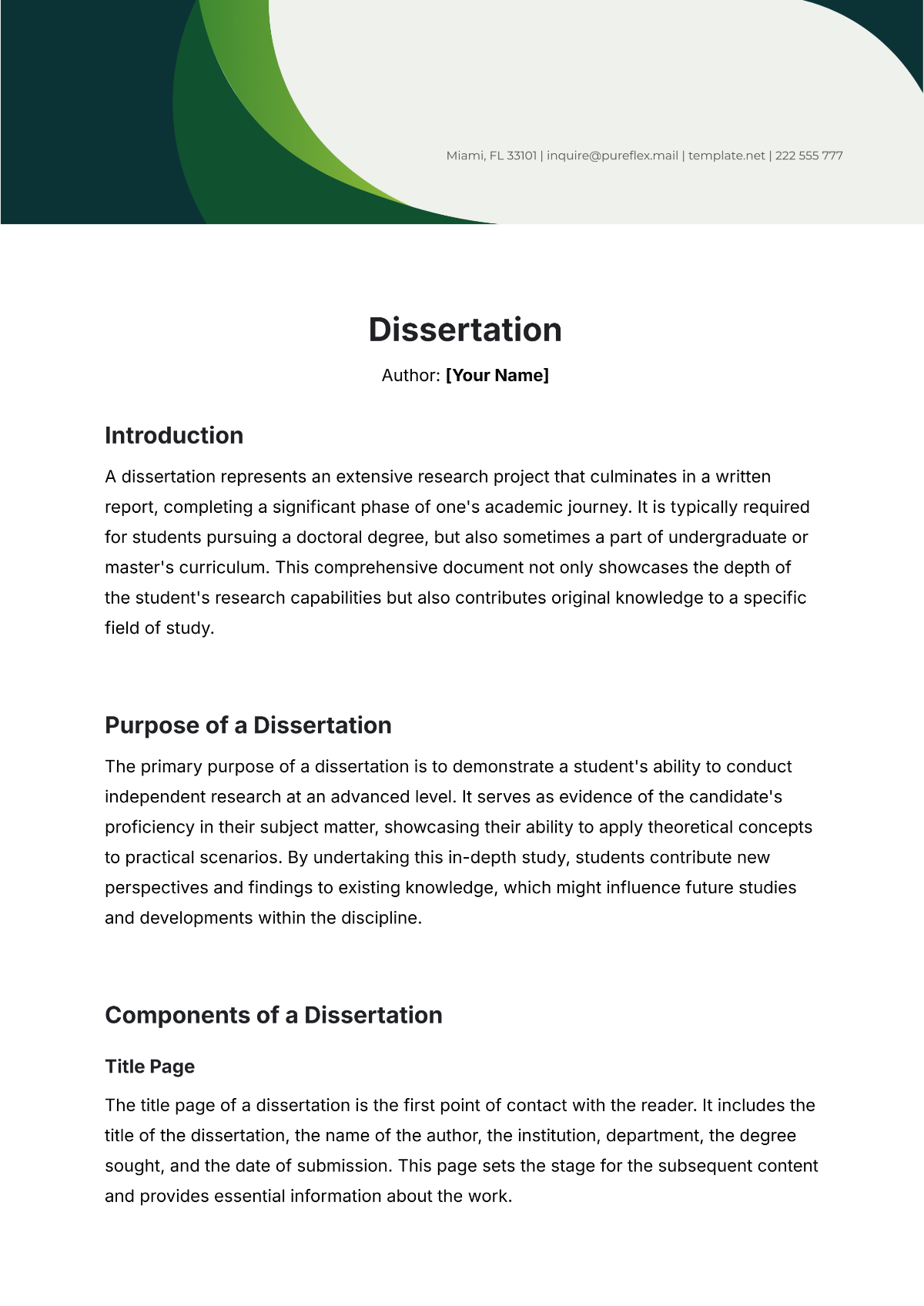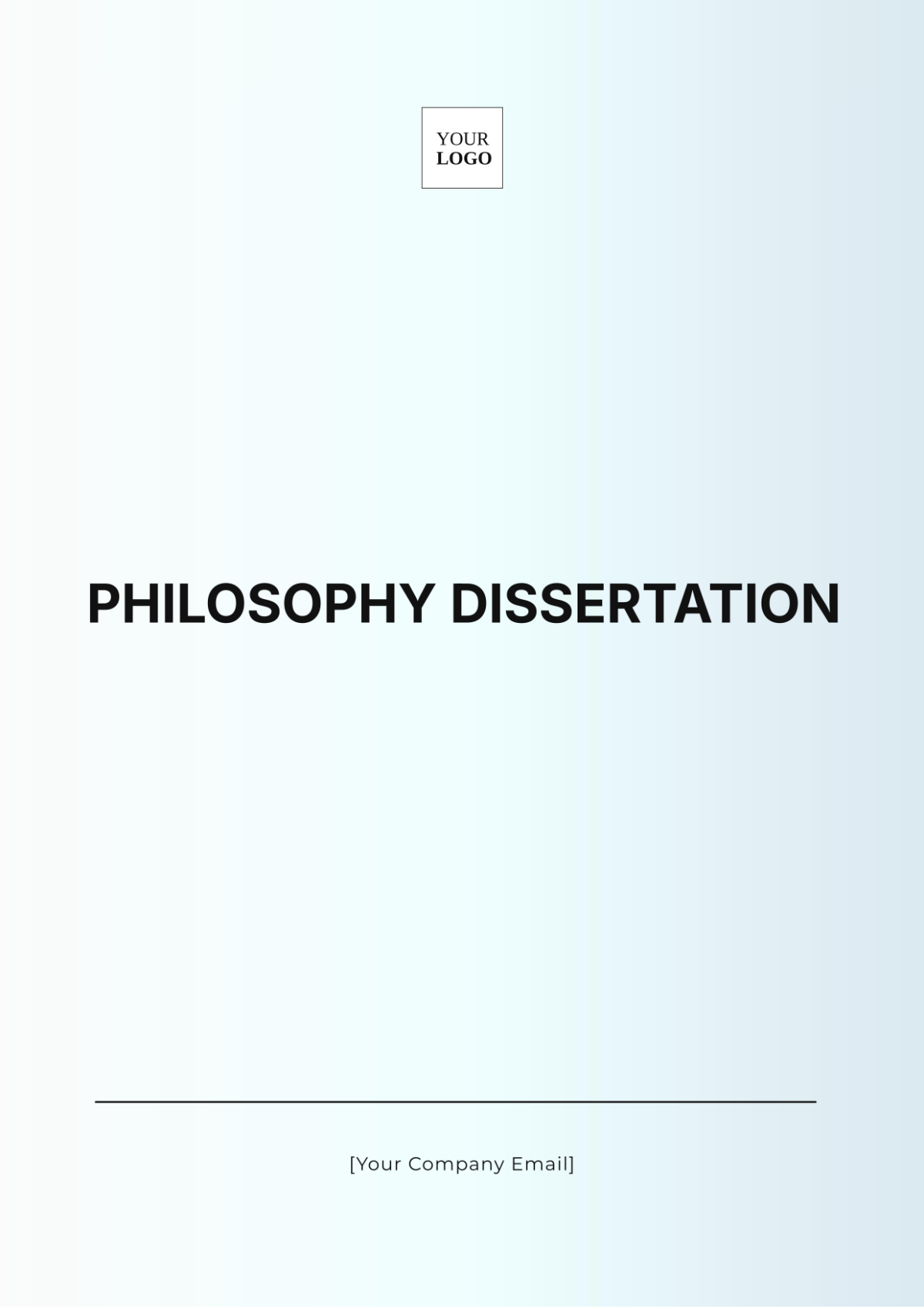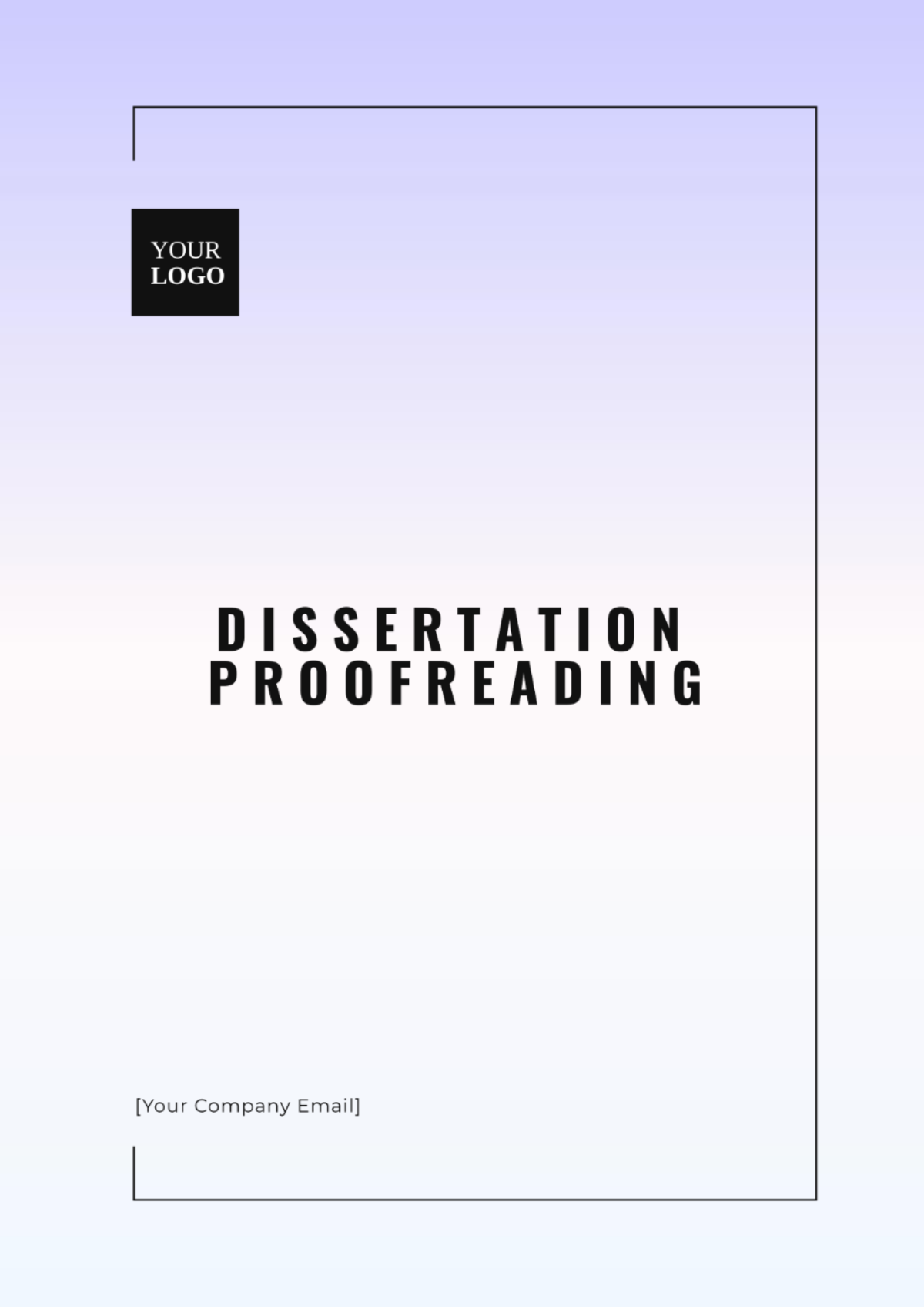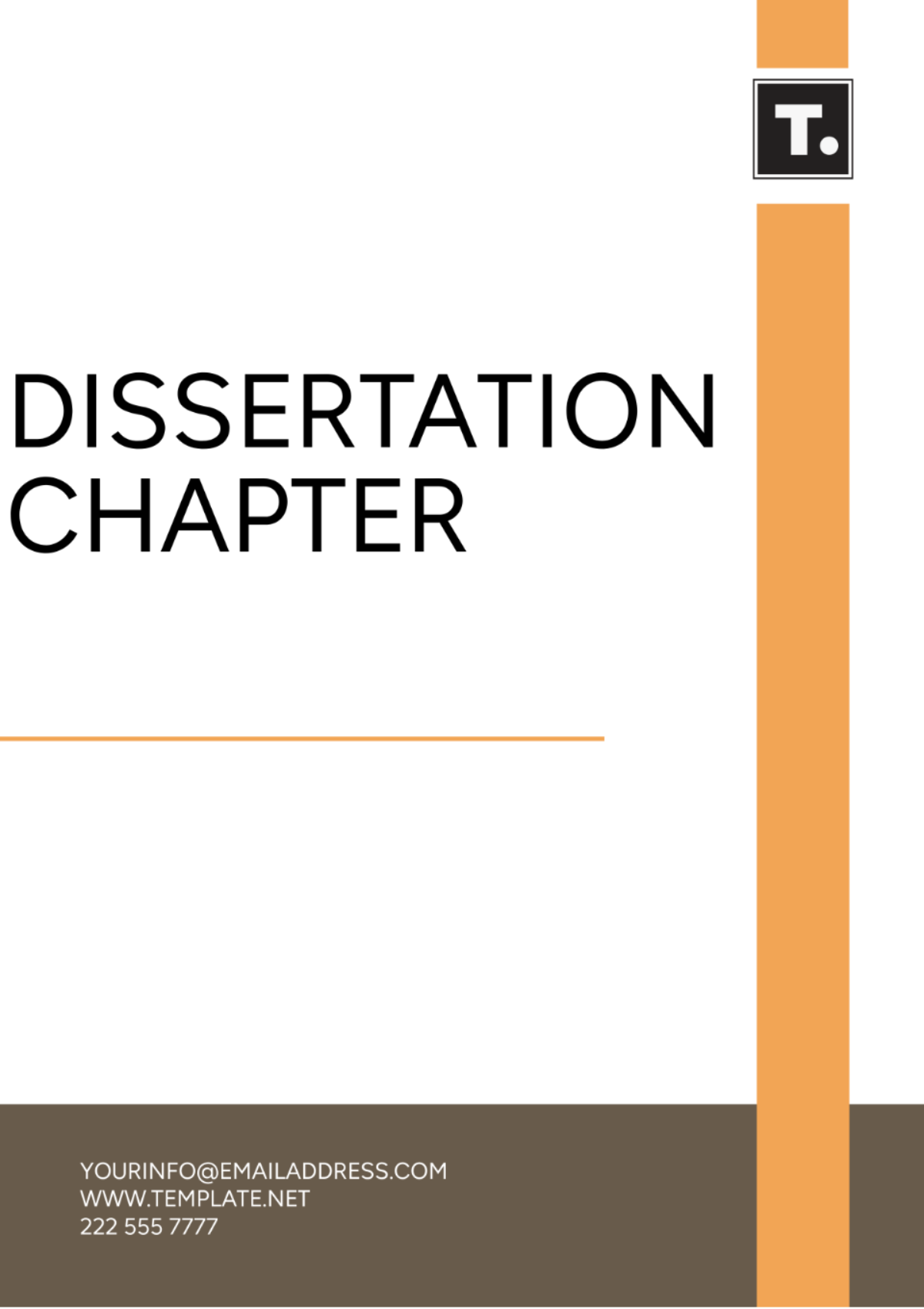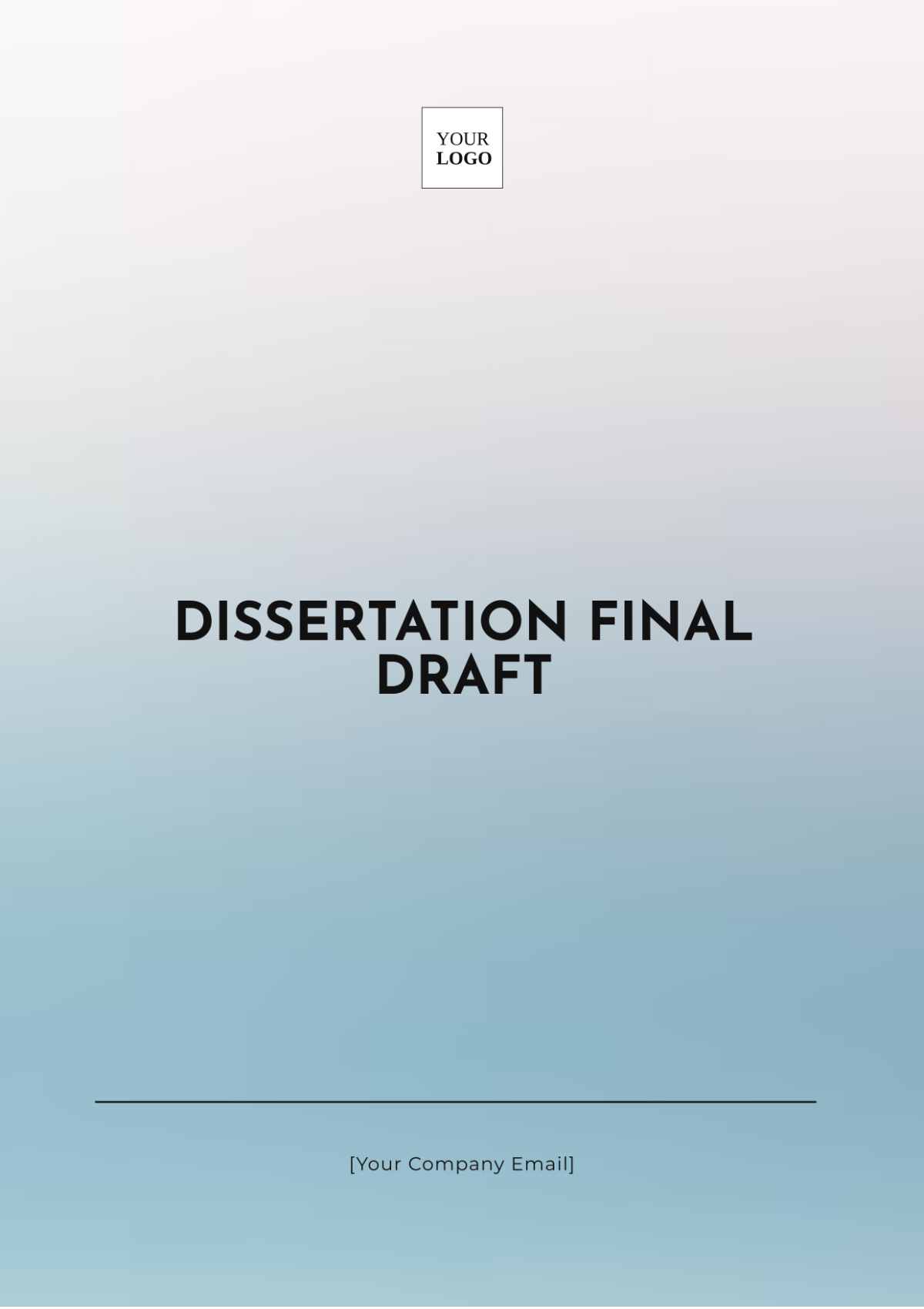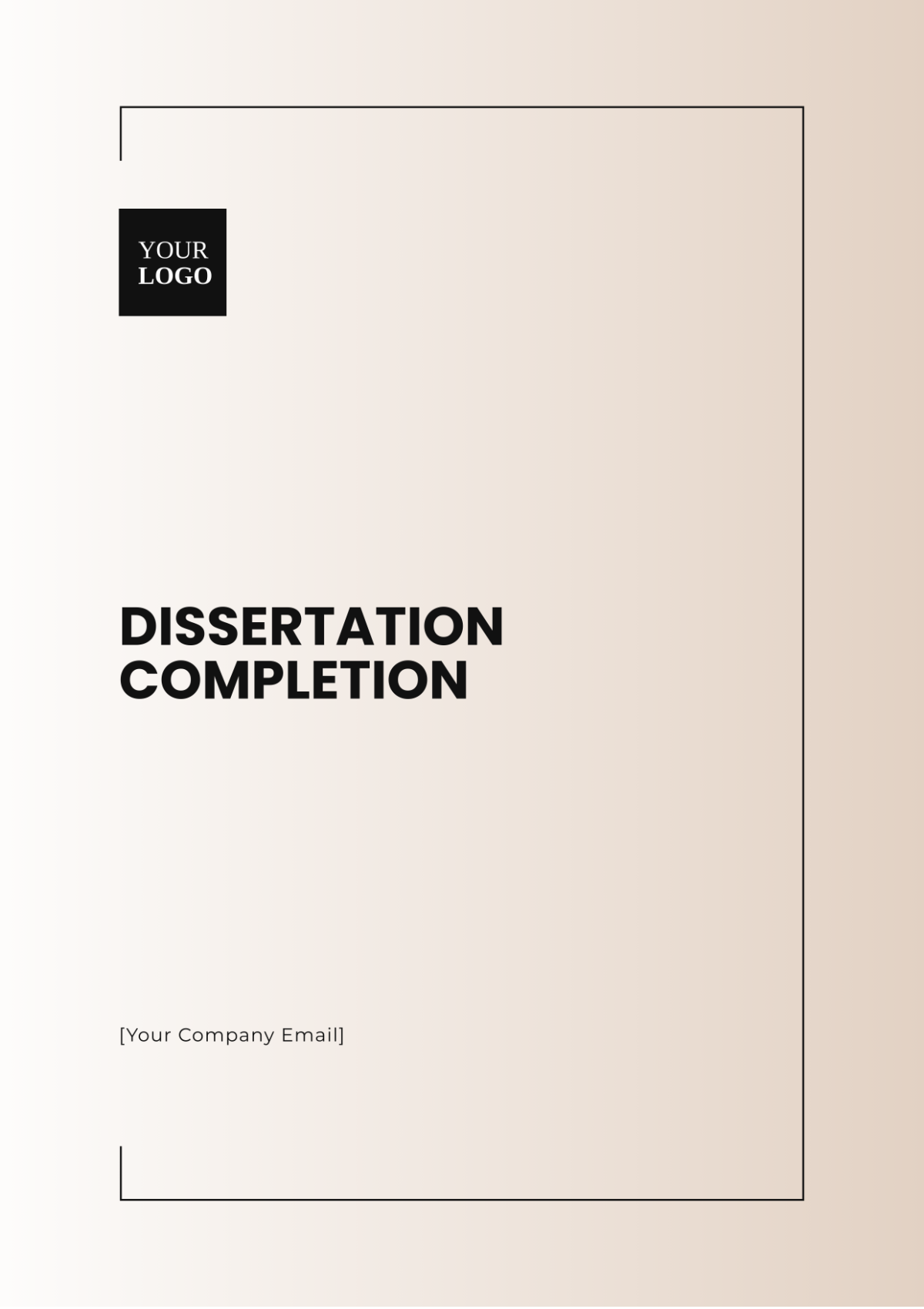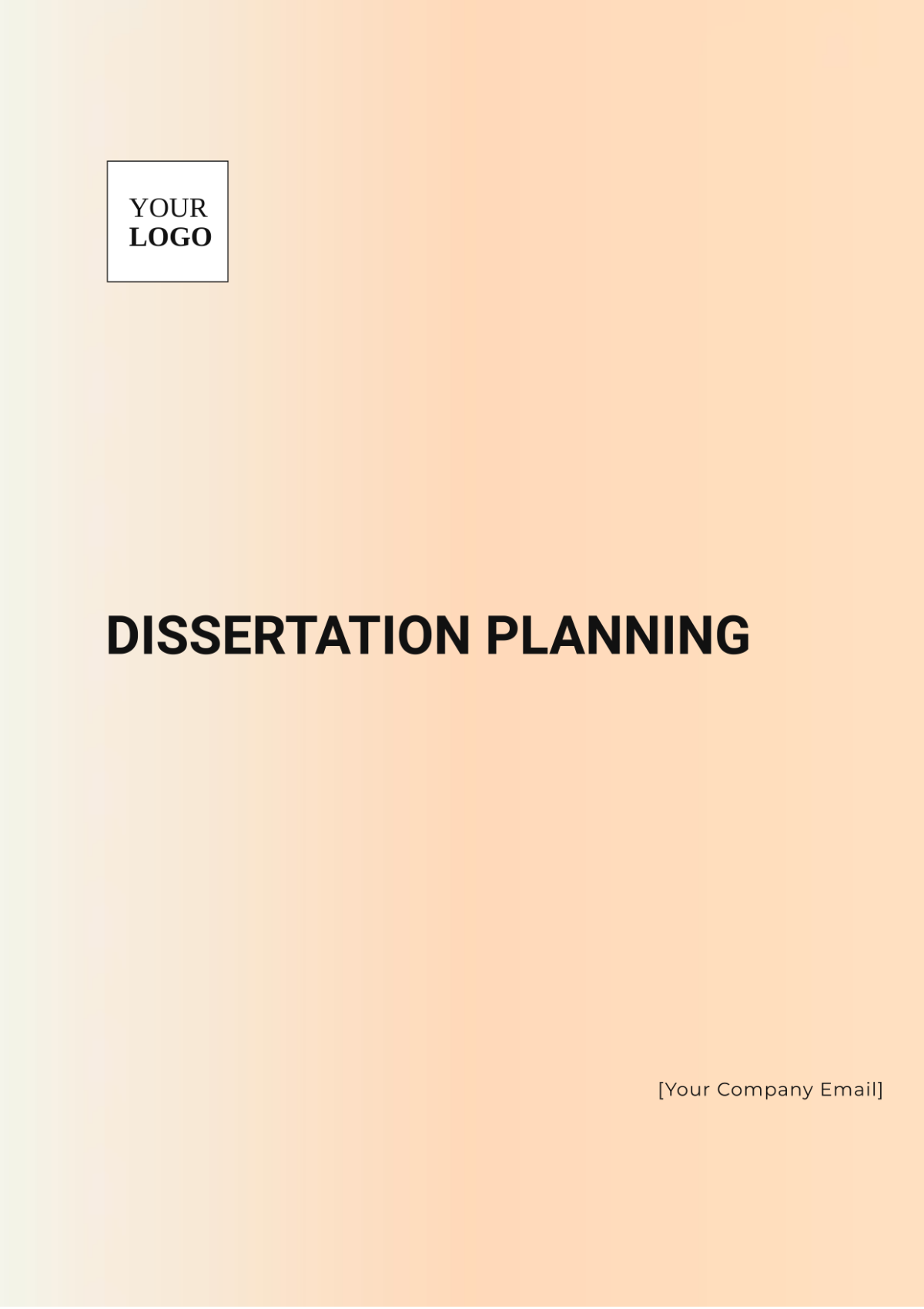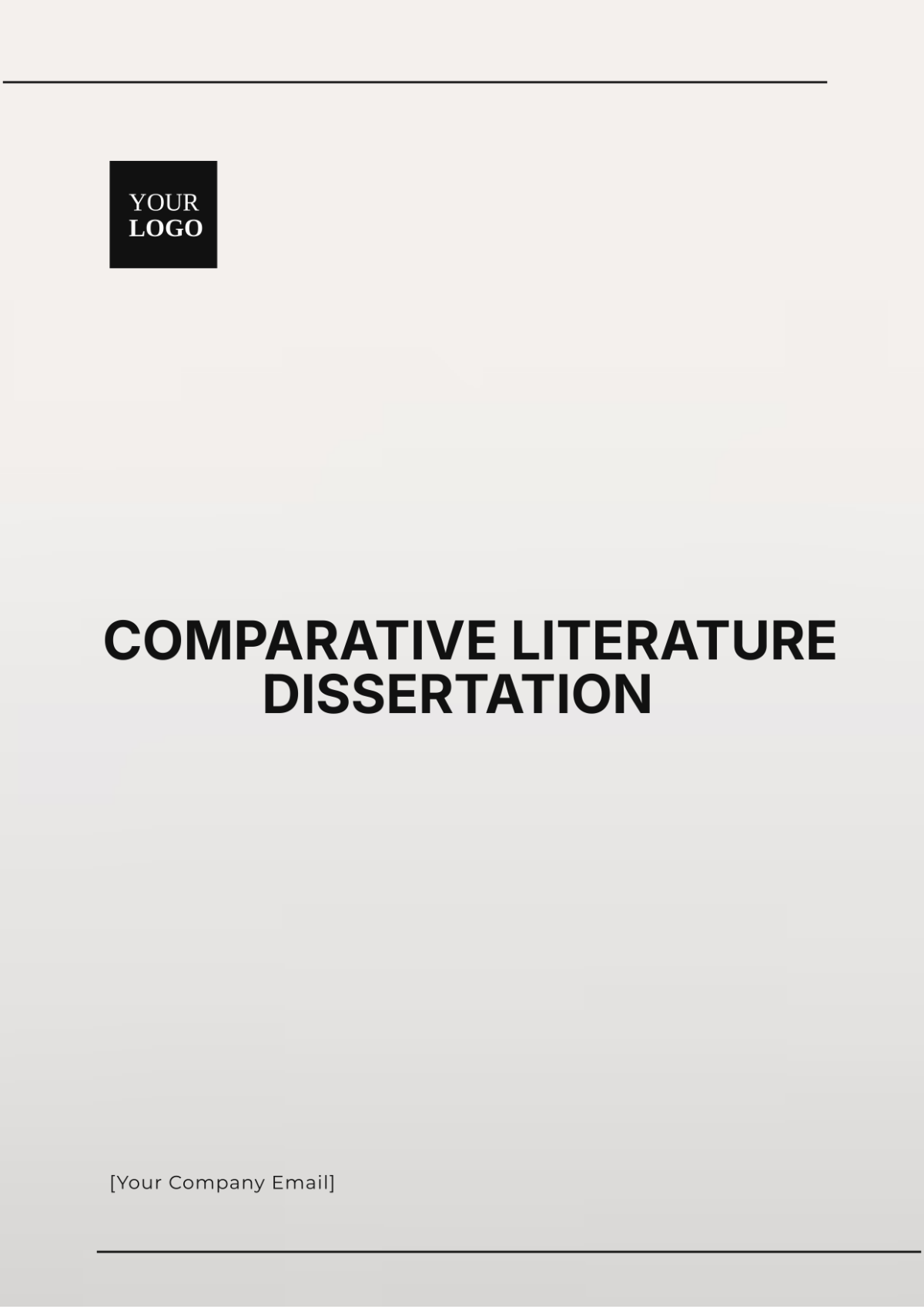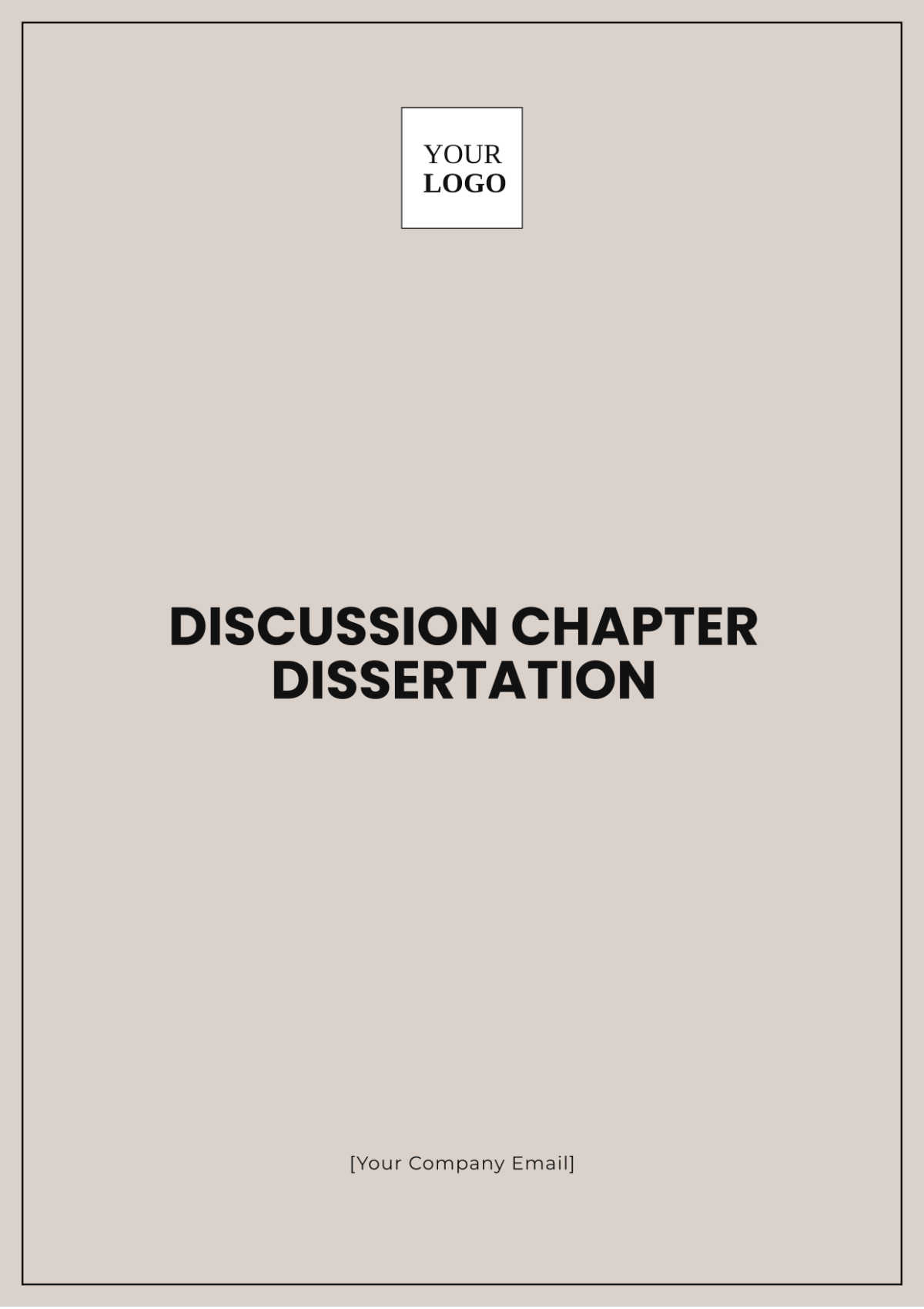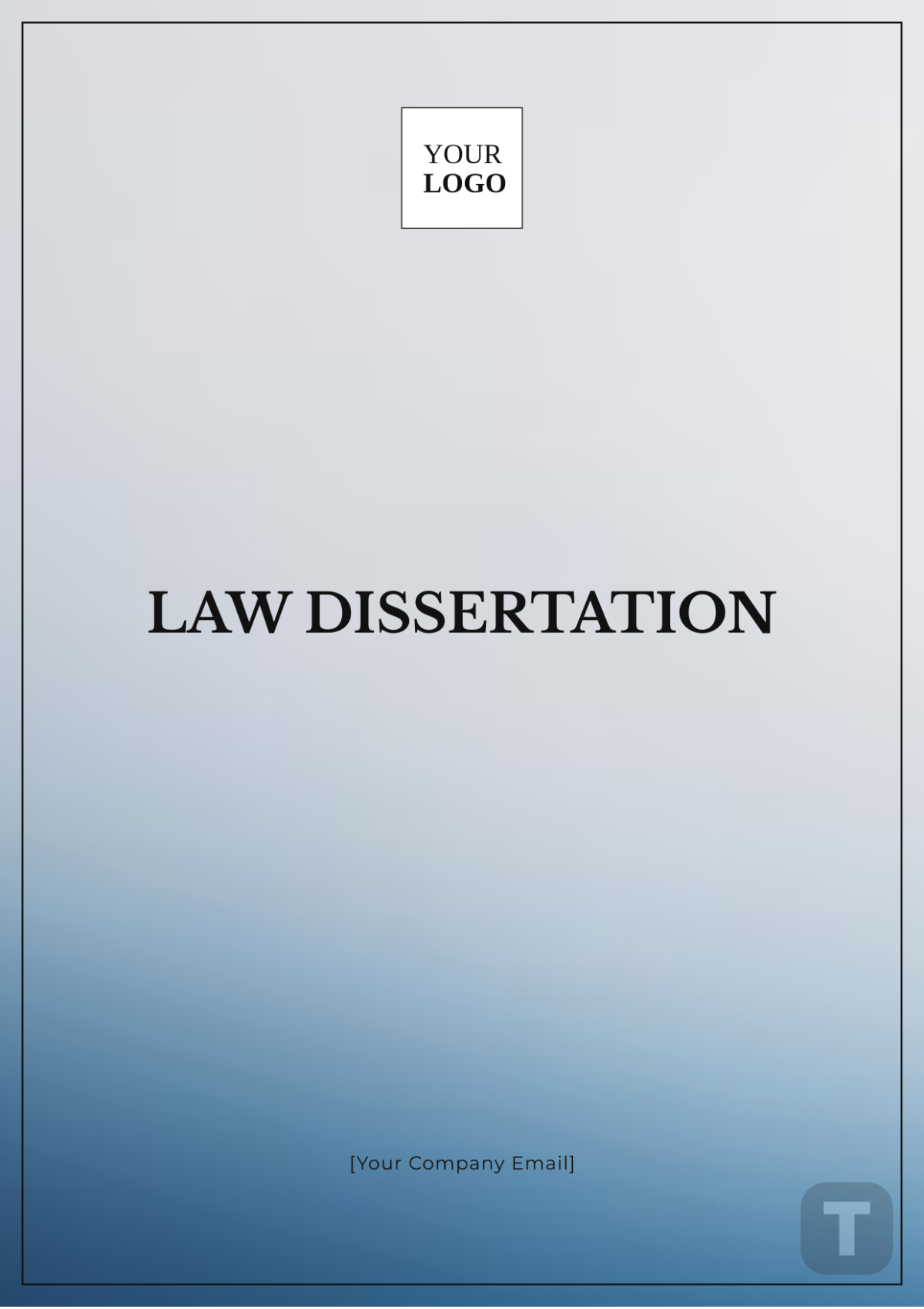Dissertation Defense
Prepared by: [YOUR NAME]
Date: [DATE]
I. Introduction
The dissertation defense represents the culmination of years of academic research and symbolizes the critical moment when the candidates must present and defend their research findings to a committee of experts. This dissertation aims to explore the processes, strategies, and challenges involved in preparing for a successful dissertation defense.
A. Research Problem
Many doctoral students experience significant stress and uncertainty when defending their dissertations, often due to inadequate preparation, unclear expectations, and insufficient constructive feedback throughout their research and writing process.
B. Objectives
To recognize and address the typical obstacles and methods involved in preparing for a dissertation defense.
To fully evaluate the importance and effect of the defense concerning the doctoral candidate's academic progress and fulfillment of degree prerequisites.
The goal is to create and provide a structured framework that will guide future candidates, helping them enhance their preparation methods and overall performance.
C. Significance
Understanding the dynamics of the dissertation defense can lead to more effective preparation techniques, reducing anxiety and increasing the likelihood of successful outcomes for doctoral candidates.
II. Literature Review
The literature review presents a summary of existing research and theoretical background related to dissertation defenses.
A. Existing Research
Psychological Stress Faced by Candidates: Studies highlight the significant stress and anxiety doctoral candidates experience during defenses, stemming from the high stakes and rigorous academic expectations.
Best Practices for Presentation and Defense: Research identifies effective strategies, including thorough preparation, strong communication skills, and understanding committee expectations. The importance of mock defenses and constructive feedback is emphasized.
Role of the Advisory Committee in Preparation: The advisory committee plays a critical role in guiding candidates. Research shows that regular feedback, constructive criticism, and mentoring significantly impact candidates’ readiness and confidence.
B. Theoretical Background
Constructivist Learning Theory: Rooted in Piaget and Vygotsky’s work, this theory highlights the importance of active, iterative learning processes. It suggests that interactive experiences are vital for preparing effectively for a dissertation defense.
Social Cognitive Theory: Developed by Bandura, this theory emphasizes learning through observation, imitation, and feedback. It posits that candidates enhance their defense skills by observing others and reflecting on their own experiences.
III. Methodology
The methodology section outlines the research design, methods, and procedures used to investigate the dissertation defense process.
A. Research Design
A comprehensive mixed-methods approach was used, combining qualitative and quantitative research techniques to ensure a thorough and multifaceted analysis, leveraging the in-depth insights of qualitative data and the measurable, statistically analyzable information of quantitative data.
B. Methods
Method | Description |
|---|---|
Surveys |
|
Interviews |
|
Focus Groups |
|
C. Procedures
Development of Survey Instruments and Interview Guides: Design surveys and interview guides to gather comprehensive and relevant data. Ensure questions are clear, reliable, and cover key aspects of the dissertation defense process.
Ethical Approval and Consent Collection: Obtain approval from an ethics committee and secure informed consent from participants, ensuring confidentiality and voluntary participation.
Data Collection: Conduct data collection through structured surveys, in-depth interviews, and focus groups to capture a range of perspectives and experiences.
Data Analysis: Use statistical methods to analyze survey data and thematic analysis for qualitative data from interviews and focus groups, offering a thorough understanding of the dissertation defense process.
IV. Results
A. Survey Results
Data from surveys revealed significant trends:
Finding | Percentage |
|---|---|
Candidates reporting high levels of anxiety before the defense | 85% |
Candidates finding advisor guidance extremely helpful | 70% |
Candidates believing that mock defenses were beneficial | 60% |
B. Interview Insights
Common Challenges: Candidates often struggled with time management and presentation skills, balancing preparation with other responsibilities and ensuring clear communication.
Successful Strategies: Effective candidates practiced extensively and sought peer feedback, which helped refine their presentations and address weaknesses.
C. Focus Group Discussions
Understanding Committee Expectations: Comprehending and aligning with committee expectations was crucial for a successful defense.
Value of Peer Support: Collaborative preparation and peer support were key to success, offering valuable feedback and boosting confidence.
V. Discussion
A. Interpretation of Results
The results of the study indicate that thoroughly preparing for the dissertation defense can substantially improve a student's performance. This extensive preparation involves receiving support and guidance from an academic advisor, as well as participating in mock defense sessions. These combined efforts help to ensure that the student is well-equipped to excel during the actual defense of their dissertation.
B. Implications
The findings from these results underscore the pressing necessity for doctoral programs to provide more systematically organized support and an array of resources for candidates who are gearing up for their dissertation defenses.
C. Limitations
Sample Size: The relatively small sample size may affect the generalizability of the findings, potentially limiting the ability to apply results broadly to all doctoral candidates.
Response Bias: Self-reported data may be subject to response bias, where participants’ answers might be influenced by personal perceptions or social desirability, impacting the accuracy of the findings.
VI. Conclusion
A. Summary of Key Findings
Effective Preparation: Thorough preparation, encompassing advisor support and extensive practice sessions, is essential for a successful dissertation defense.
Psychological Factors: Adequate psychological preparation and effective stress management are crucial factors influencing performance during the defense.
B. Suggestions for Future Research
Sample Diversity: Expanding the study to include larger and more diverse samples to enhance the generalizability of the findings across different academic disciplines and institutions.
Stress Reduction Programs: Investigating the development and effectiveness of targeted stress reduction programs designed to support candidates in managing anxiety and improving performance during the dissertation defense.
VII. Q&A Session
During the Q&A session, committee members may explore various aspects of the candidate’s work. Possible areas of questioning include:
Research Design: What motivated your decision to use a mixed-methods approach, and how did it enhance the validity and depth of your research findings?
Results Interpretation: How do you address the limitations identified in your study, and what steps have you taken to mitigate their impact on the results?
Future Implications: In what ways can your findings be applied to enhance doctoral programs, and how might they inform future practices or policies in dissertation preparation and defense?
